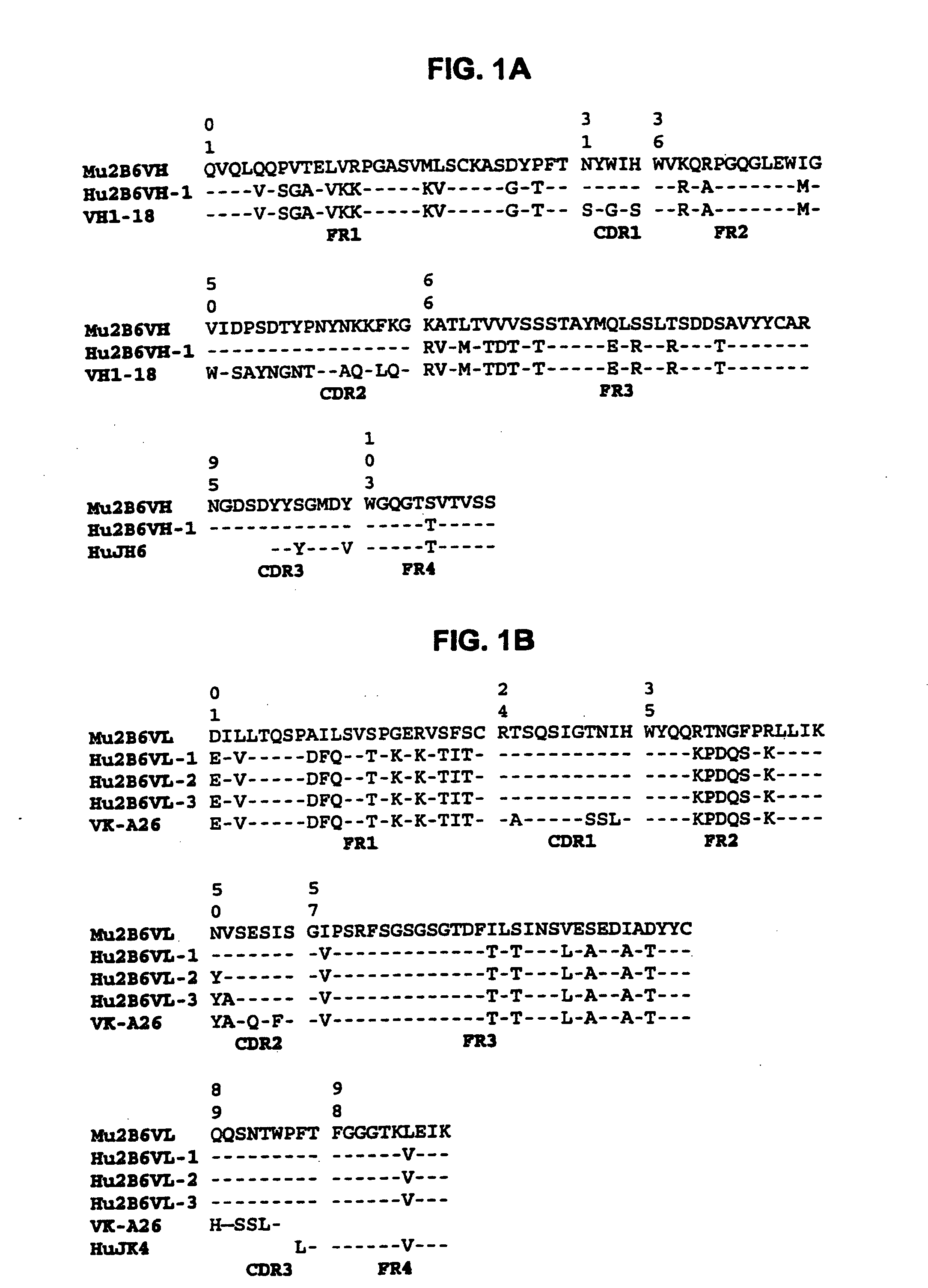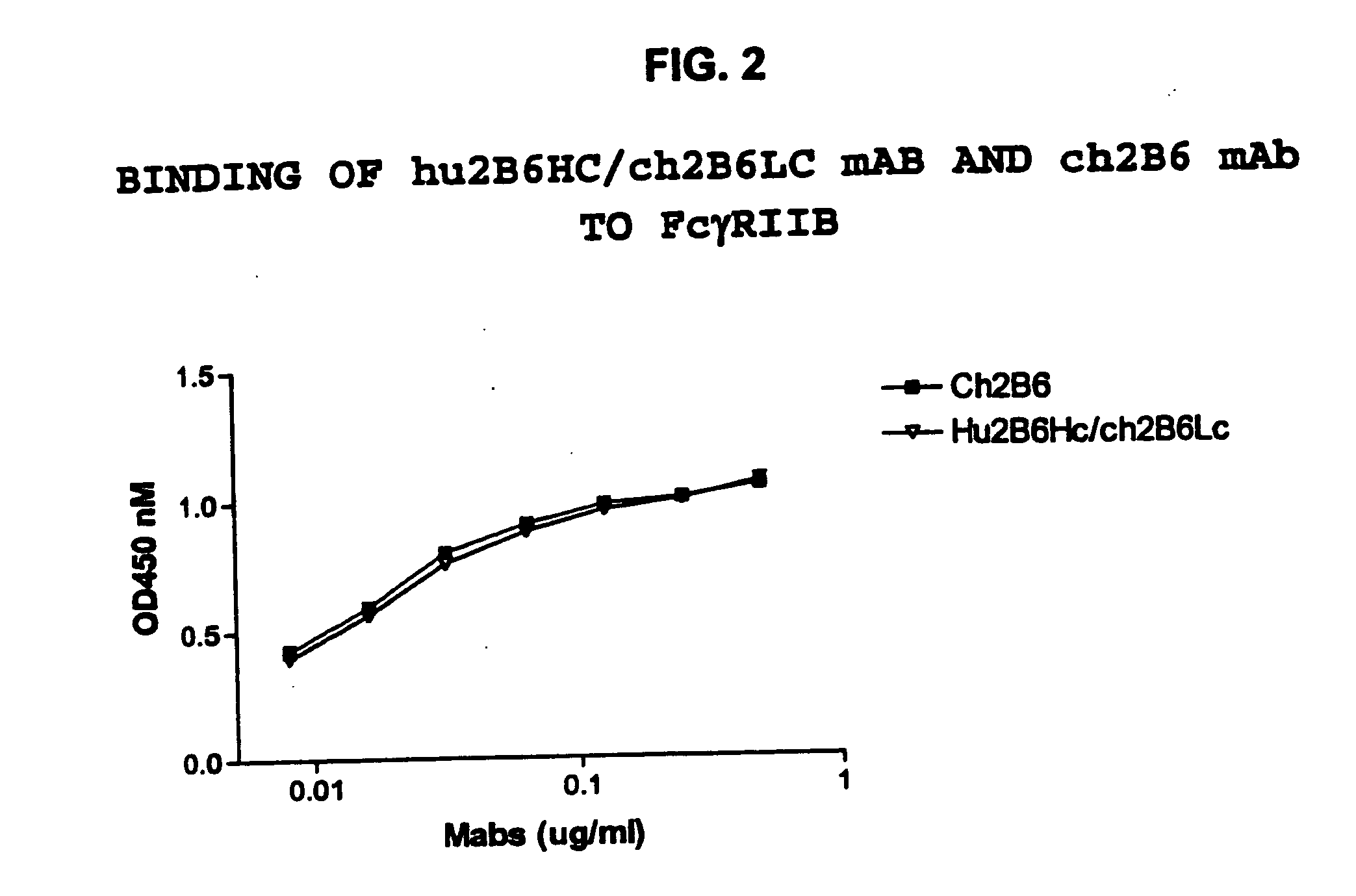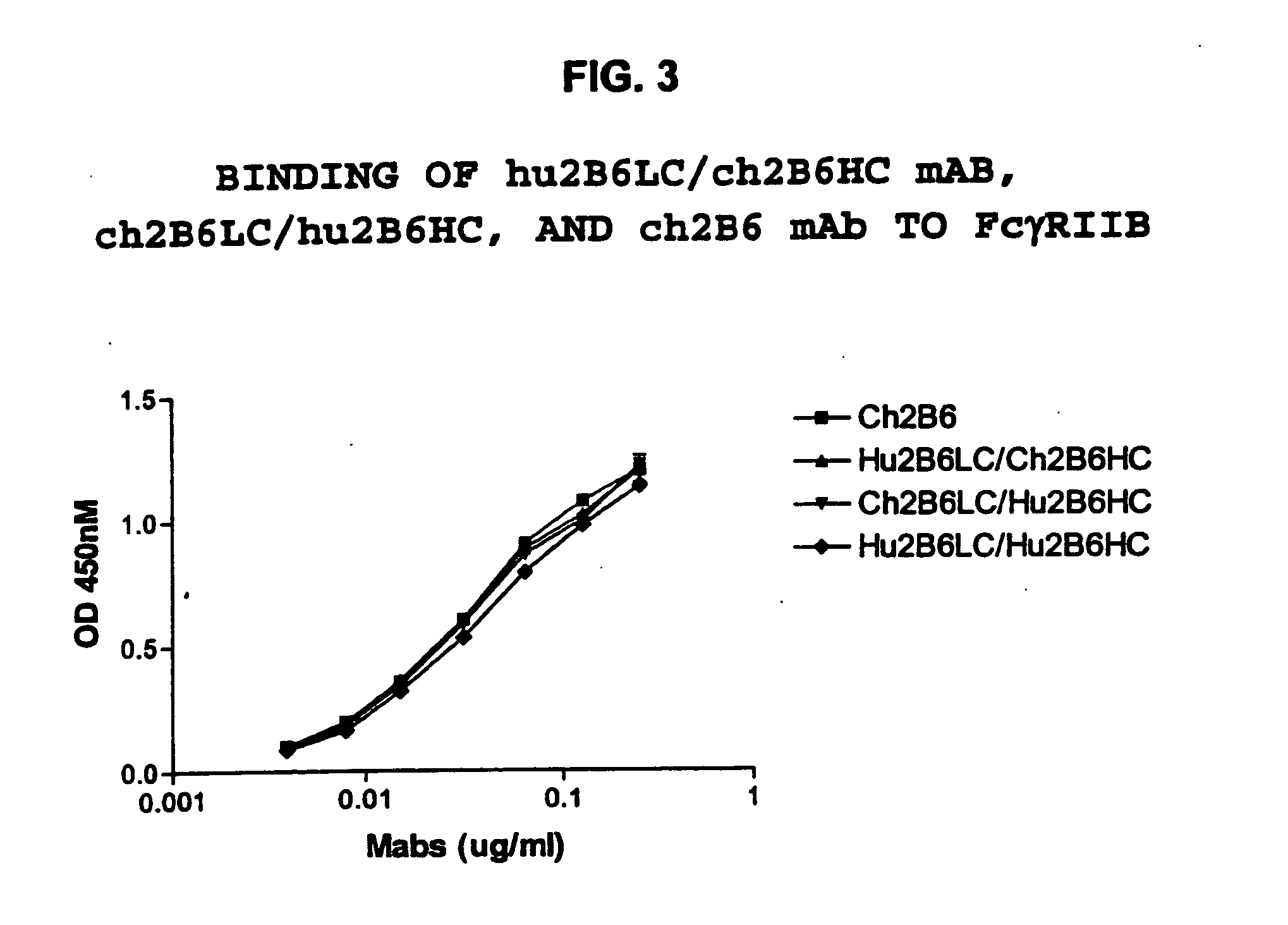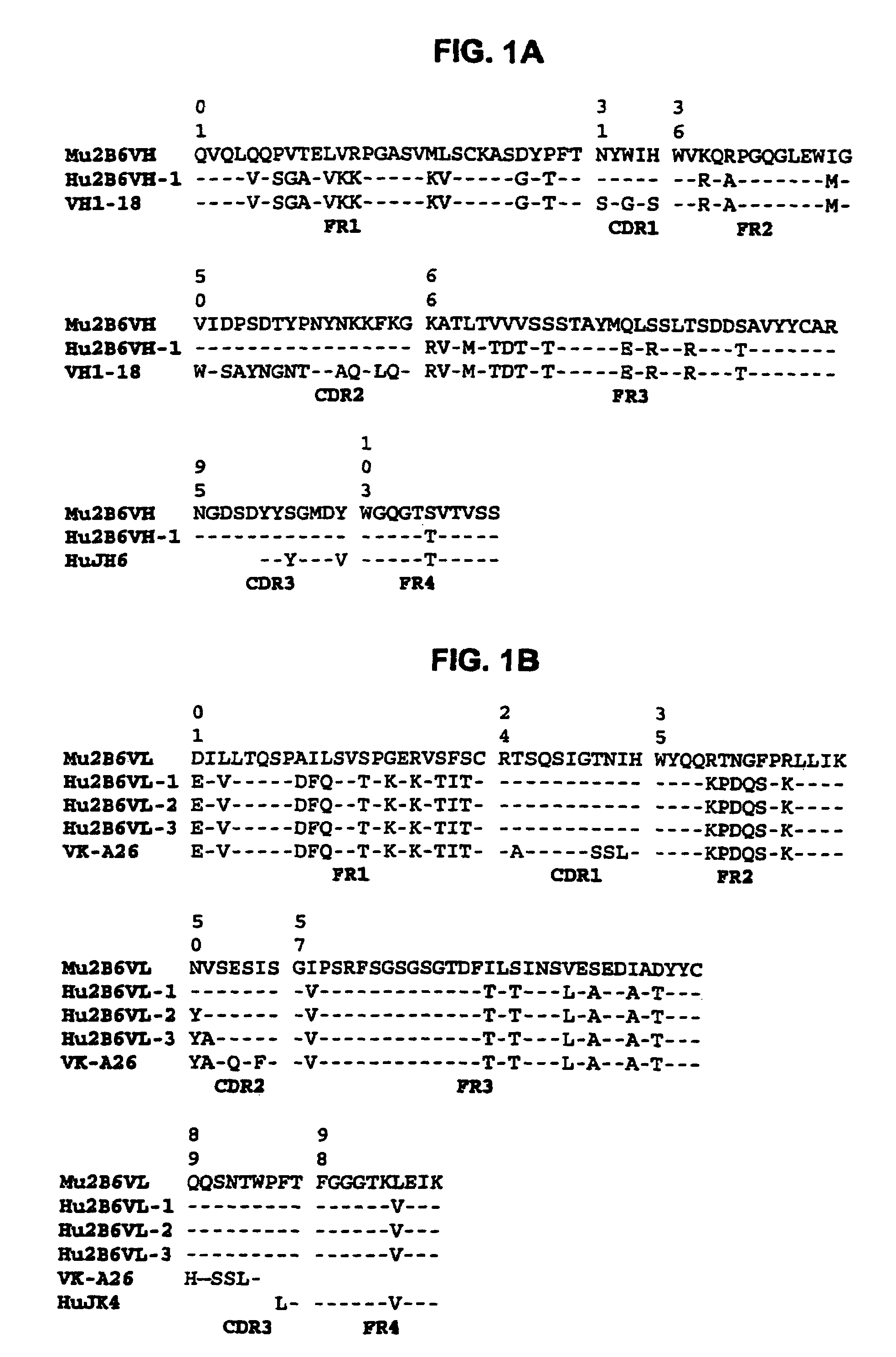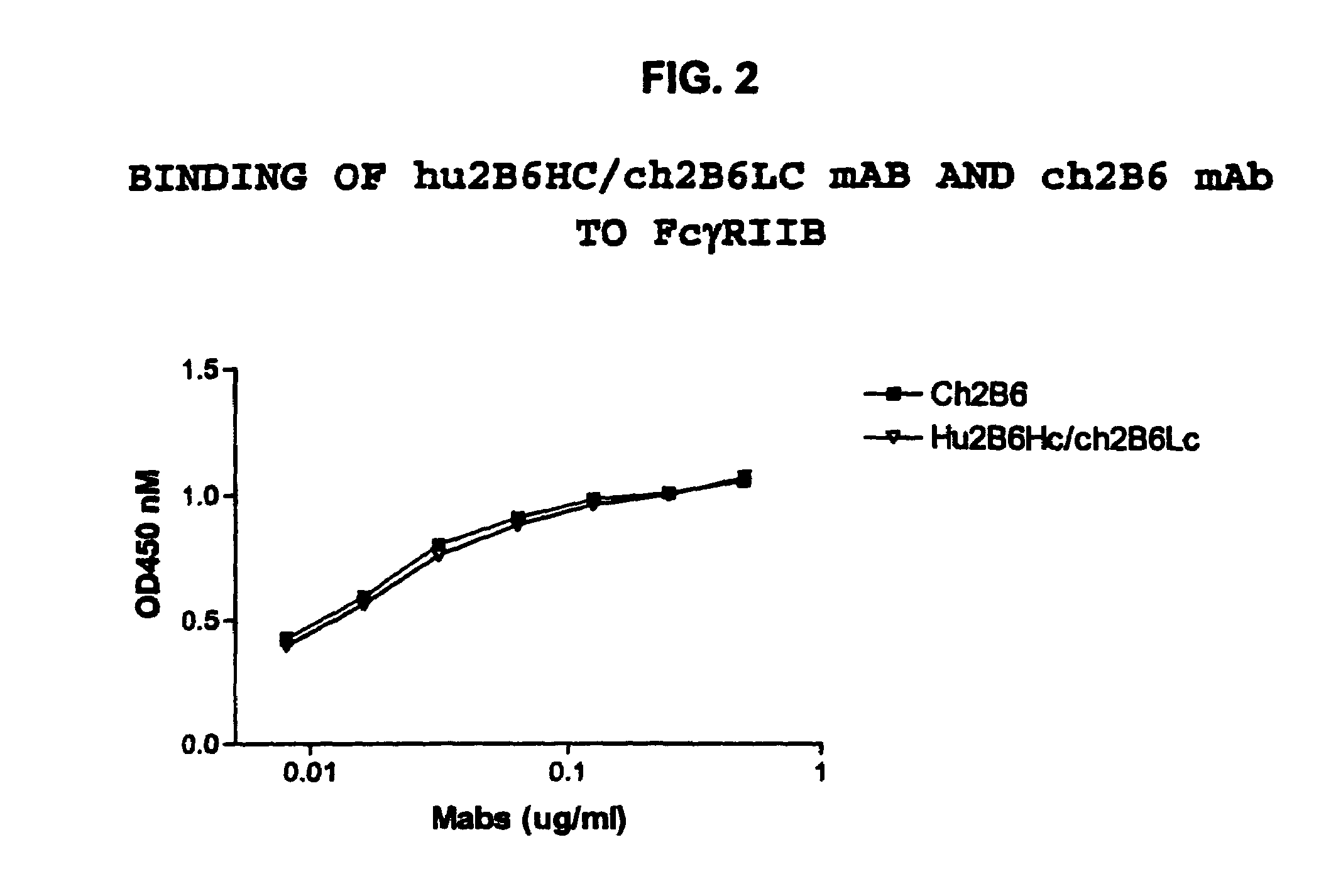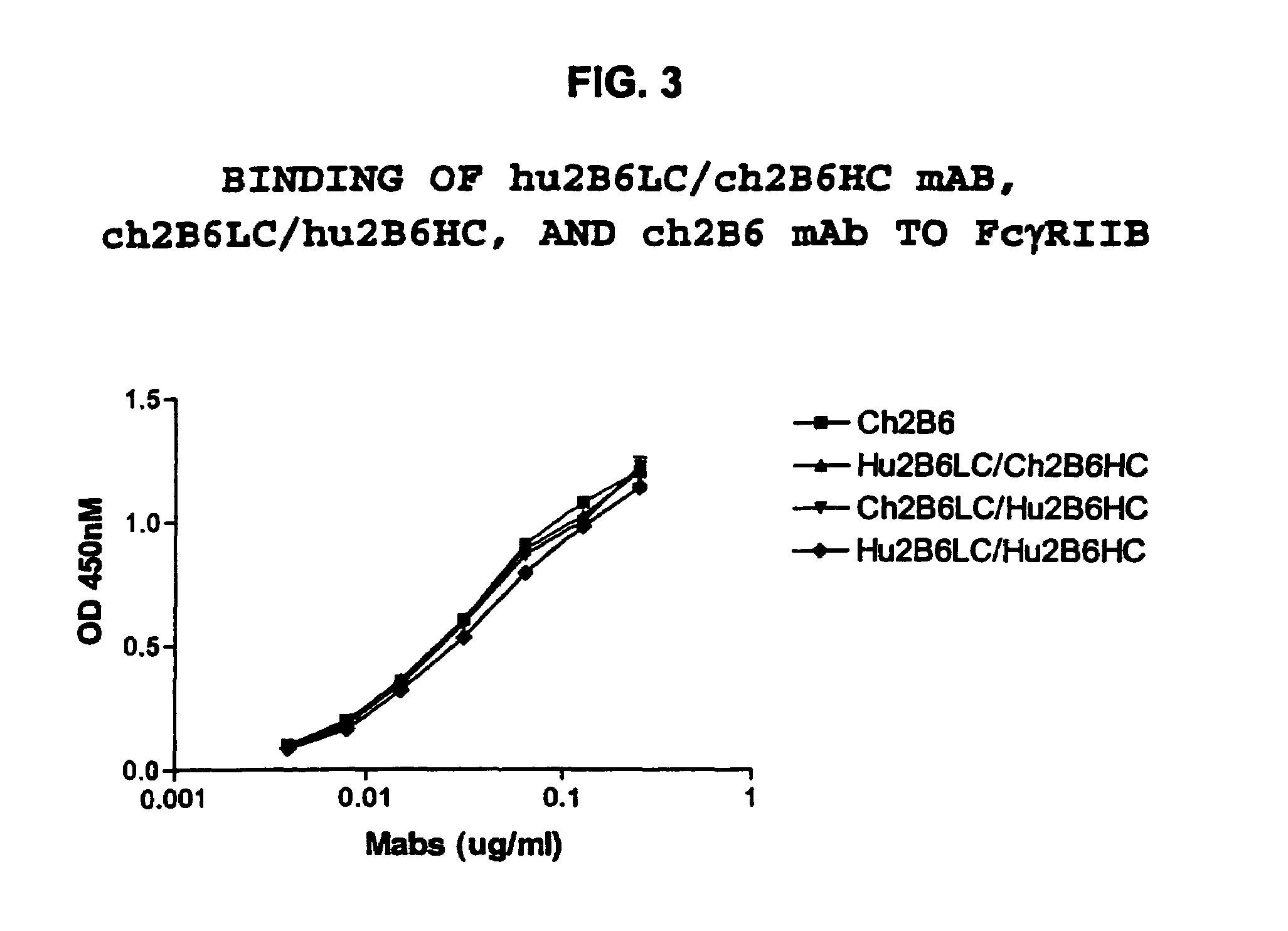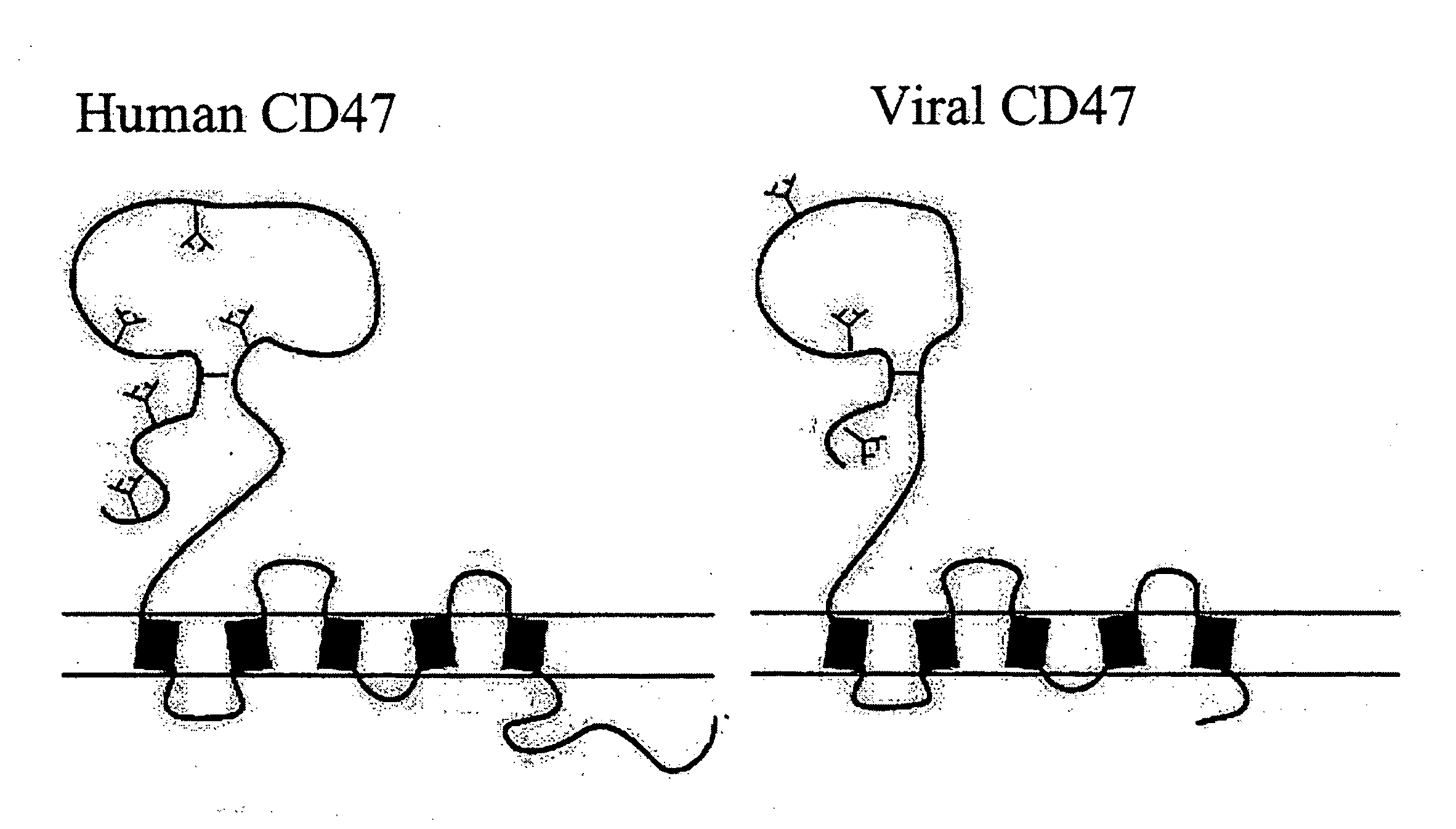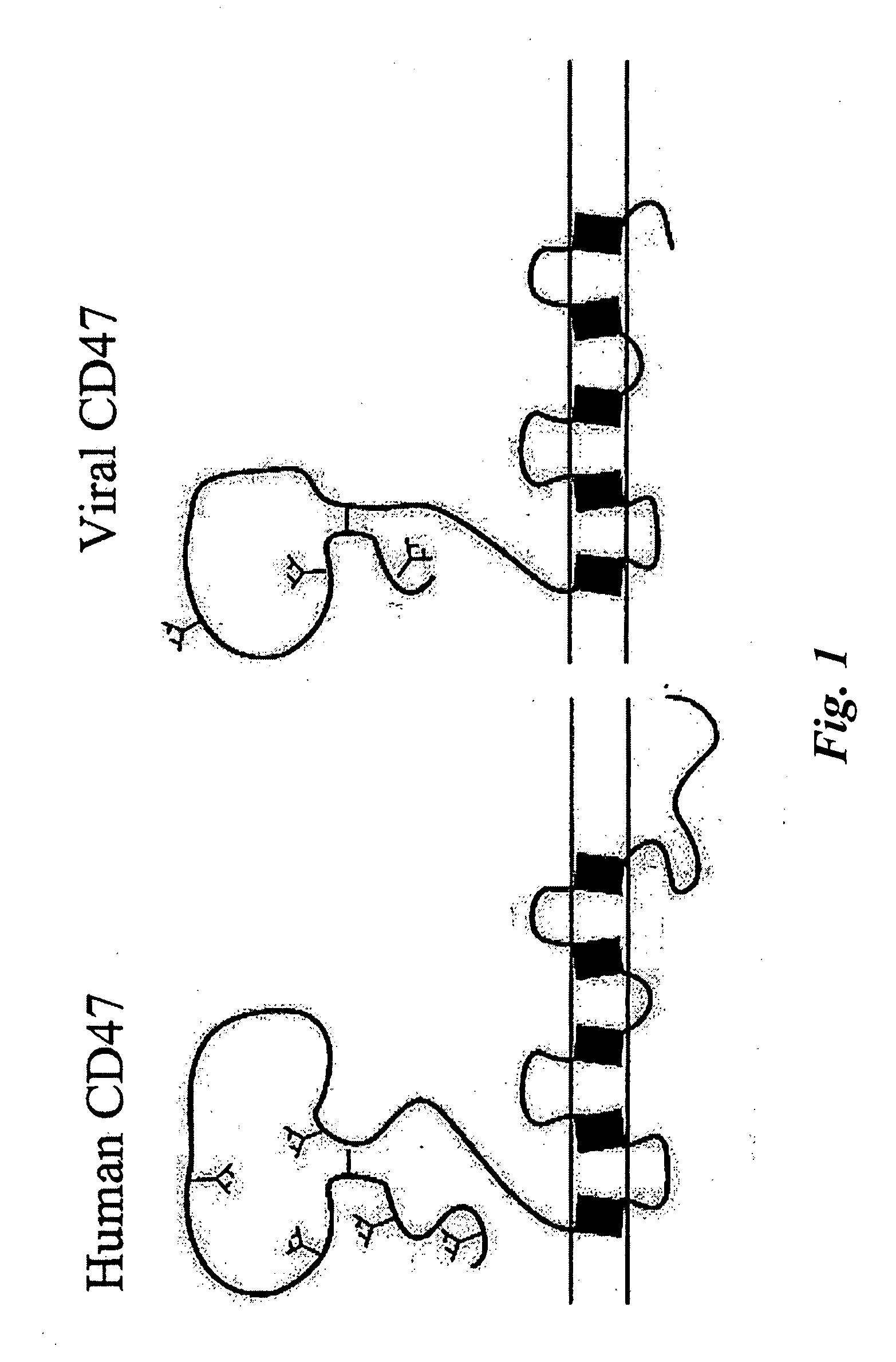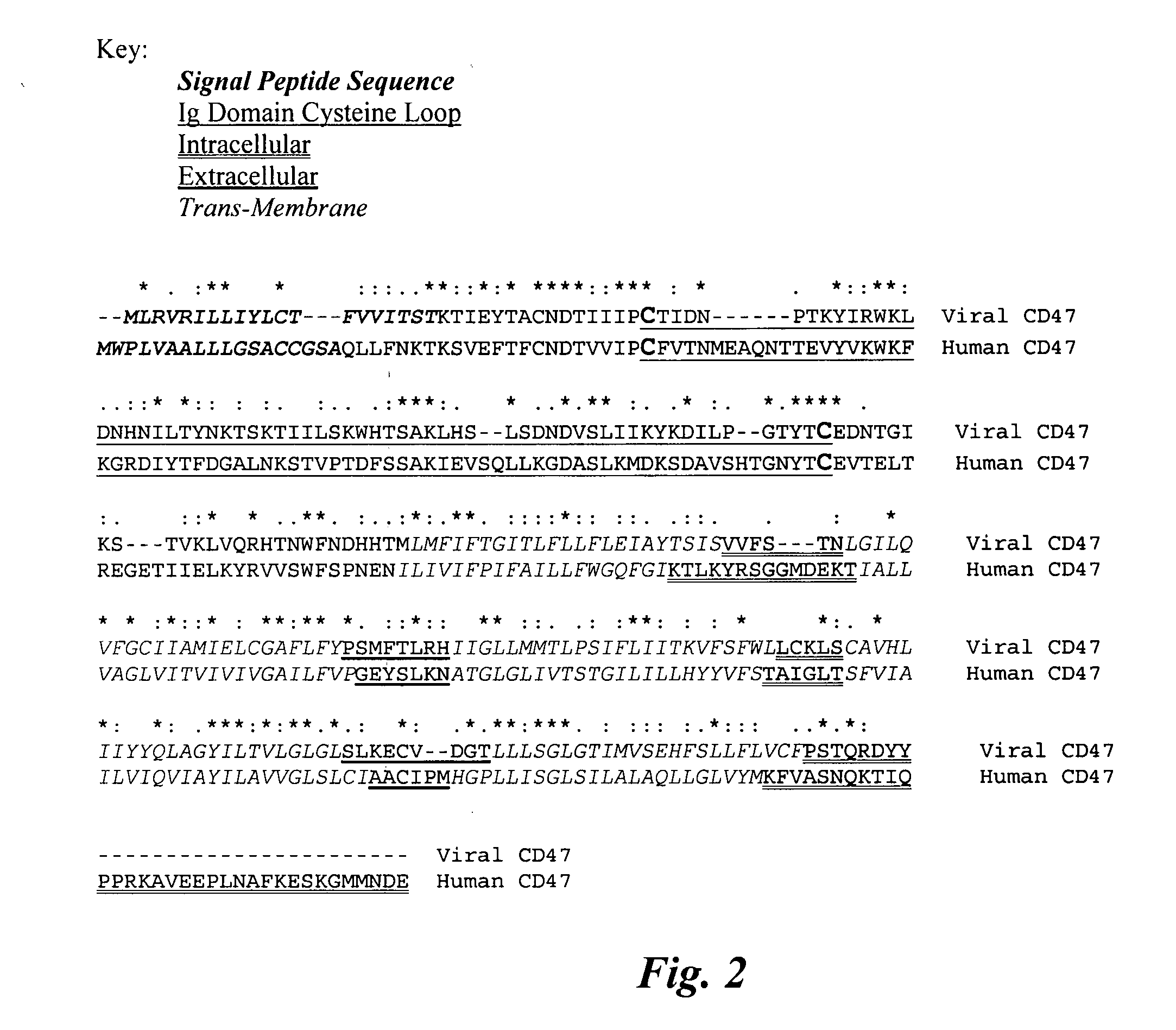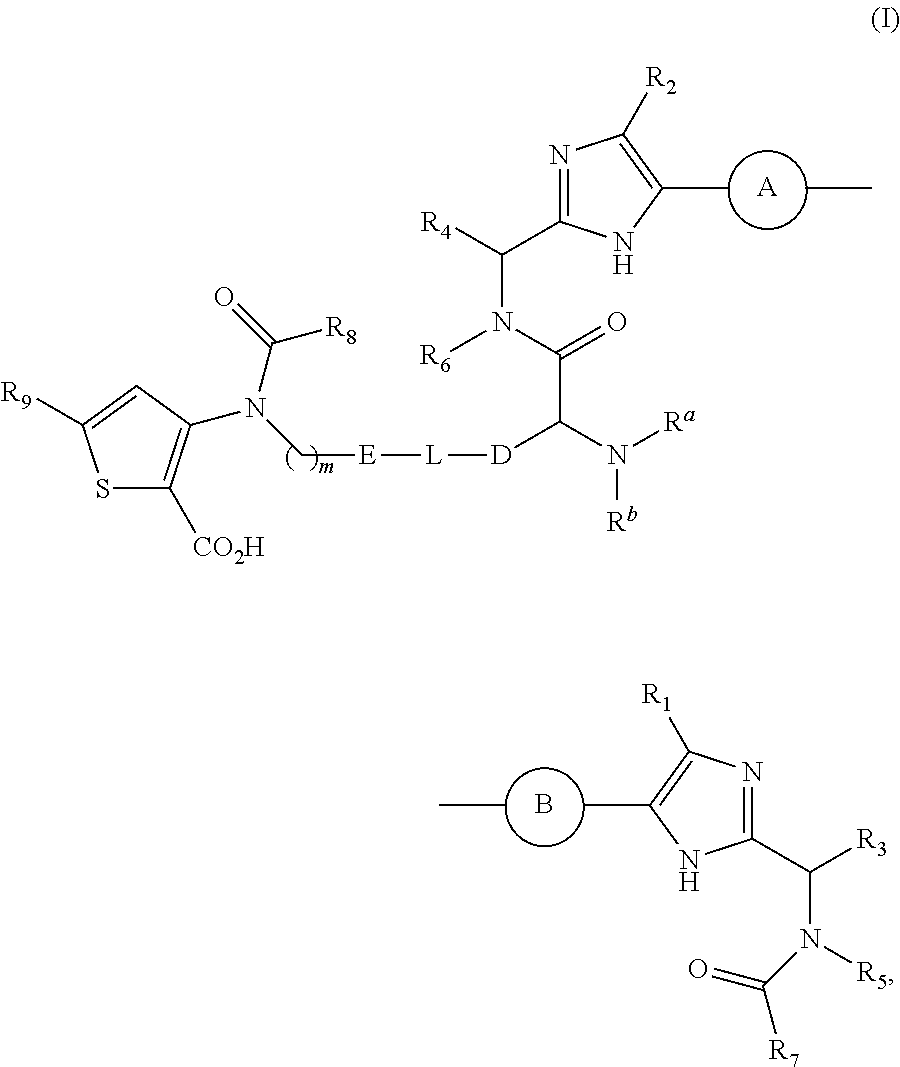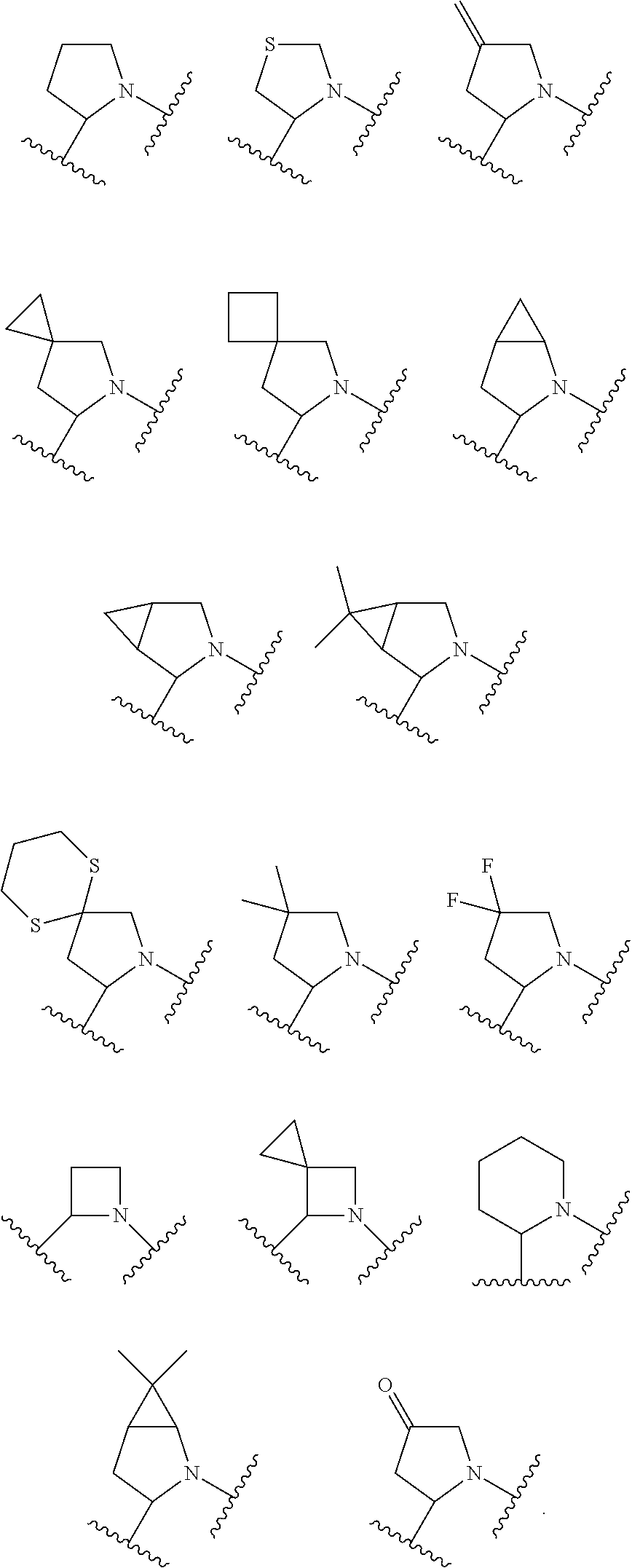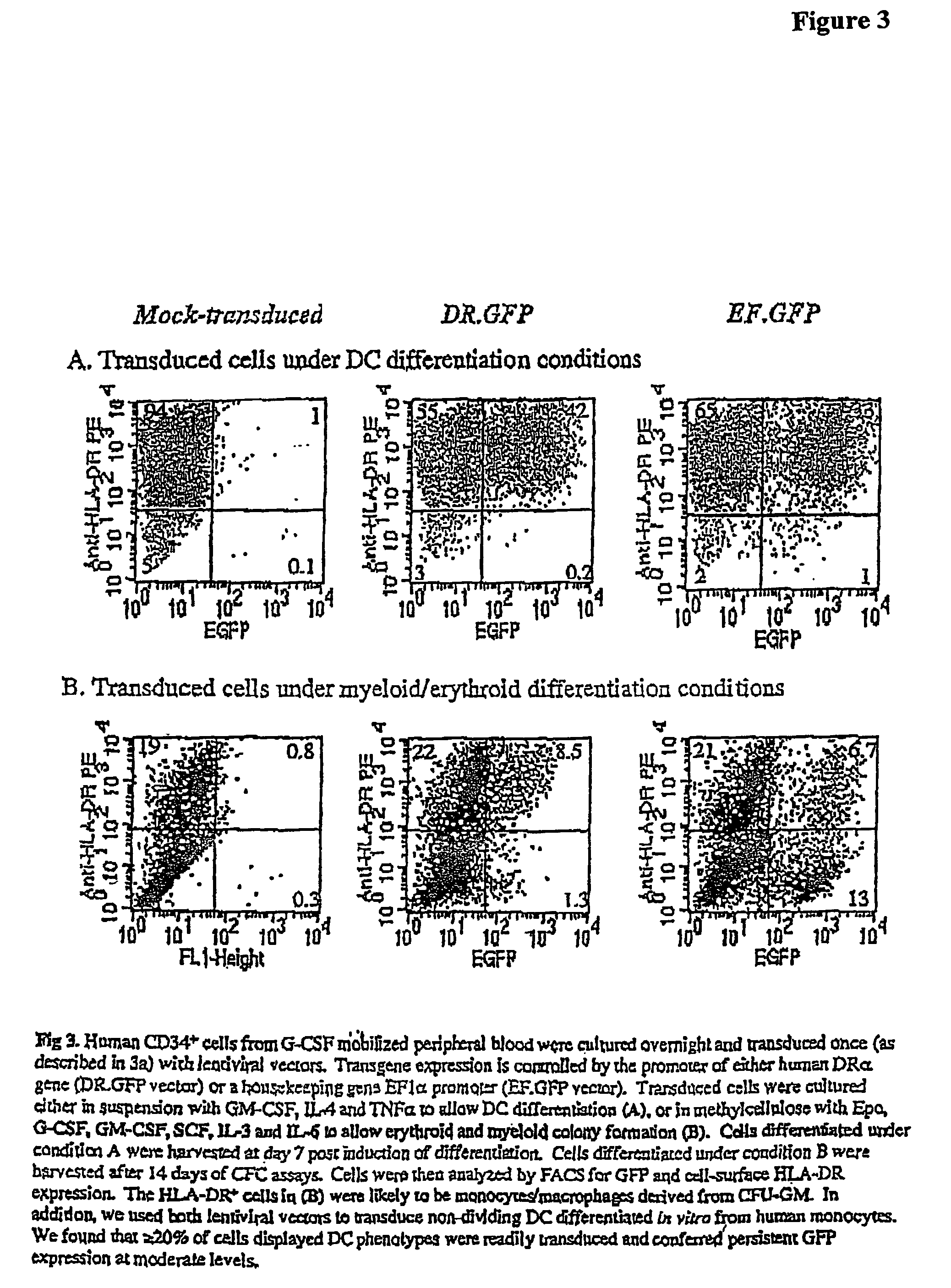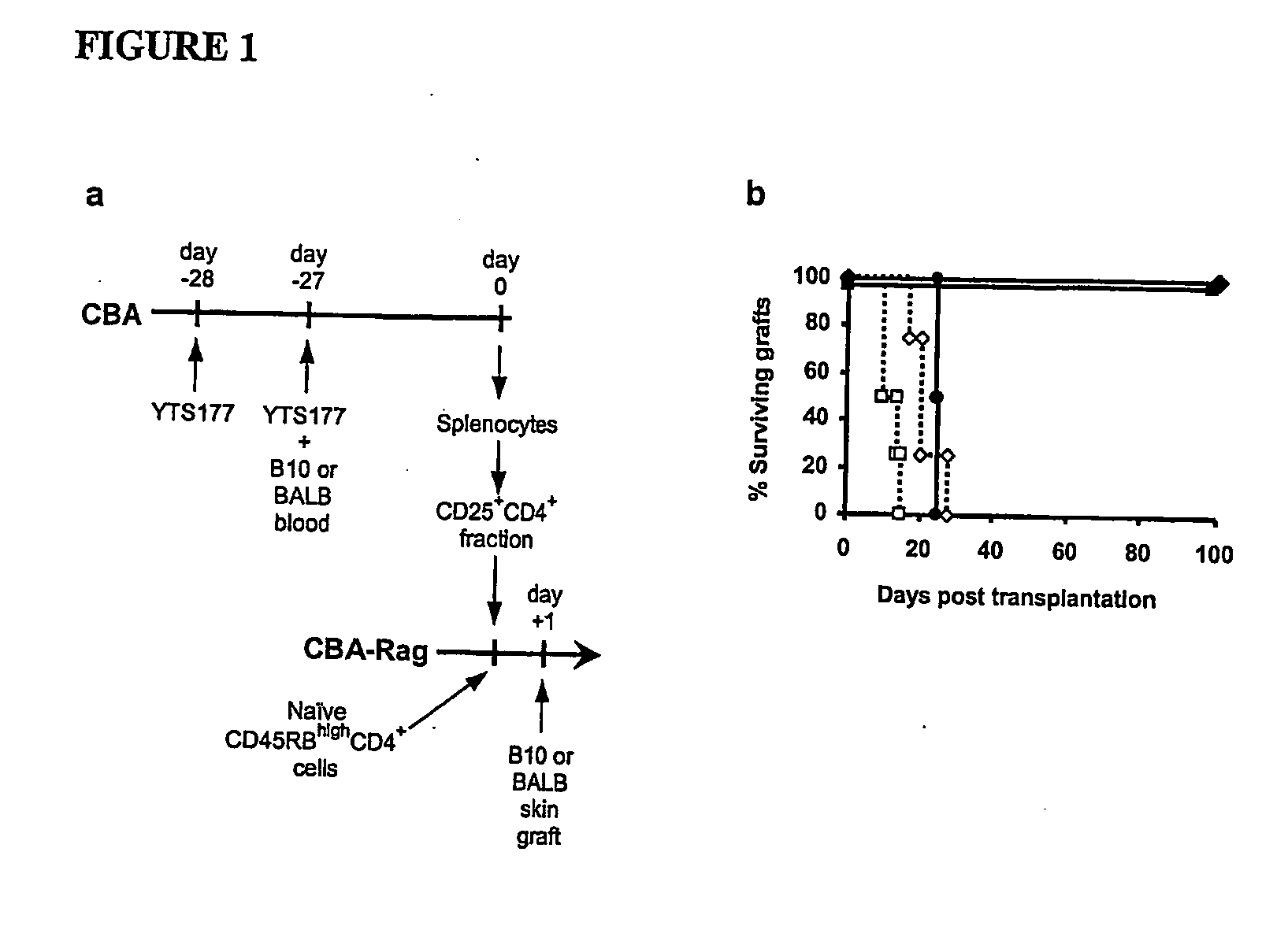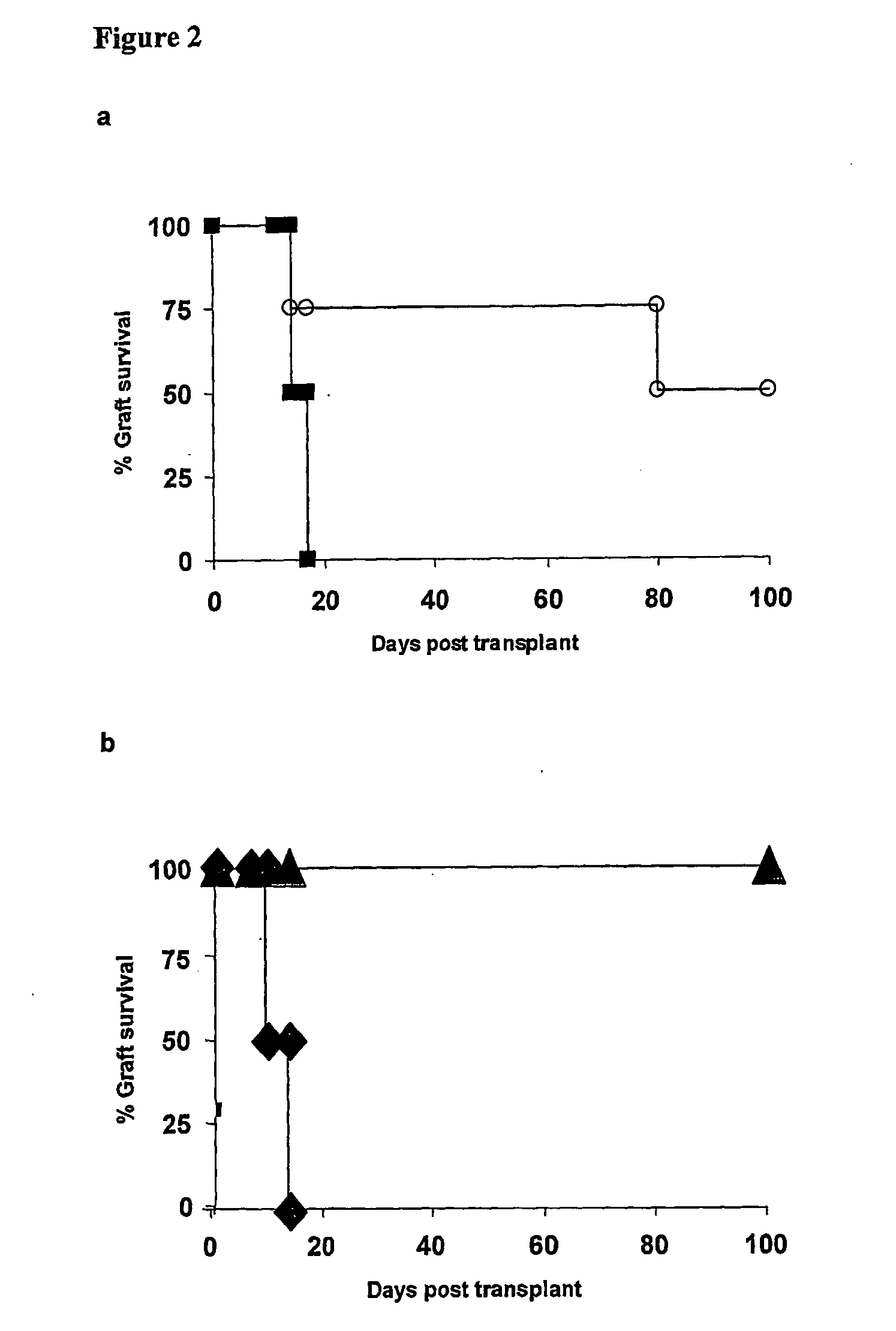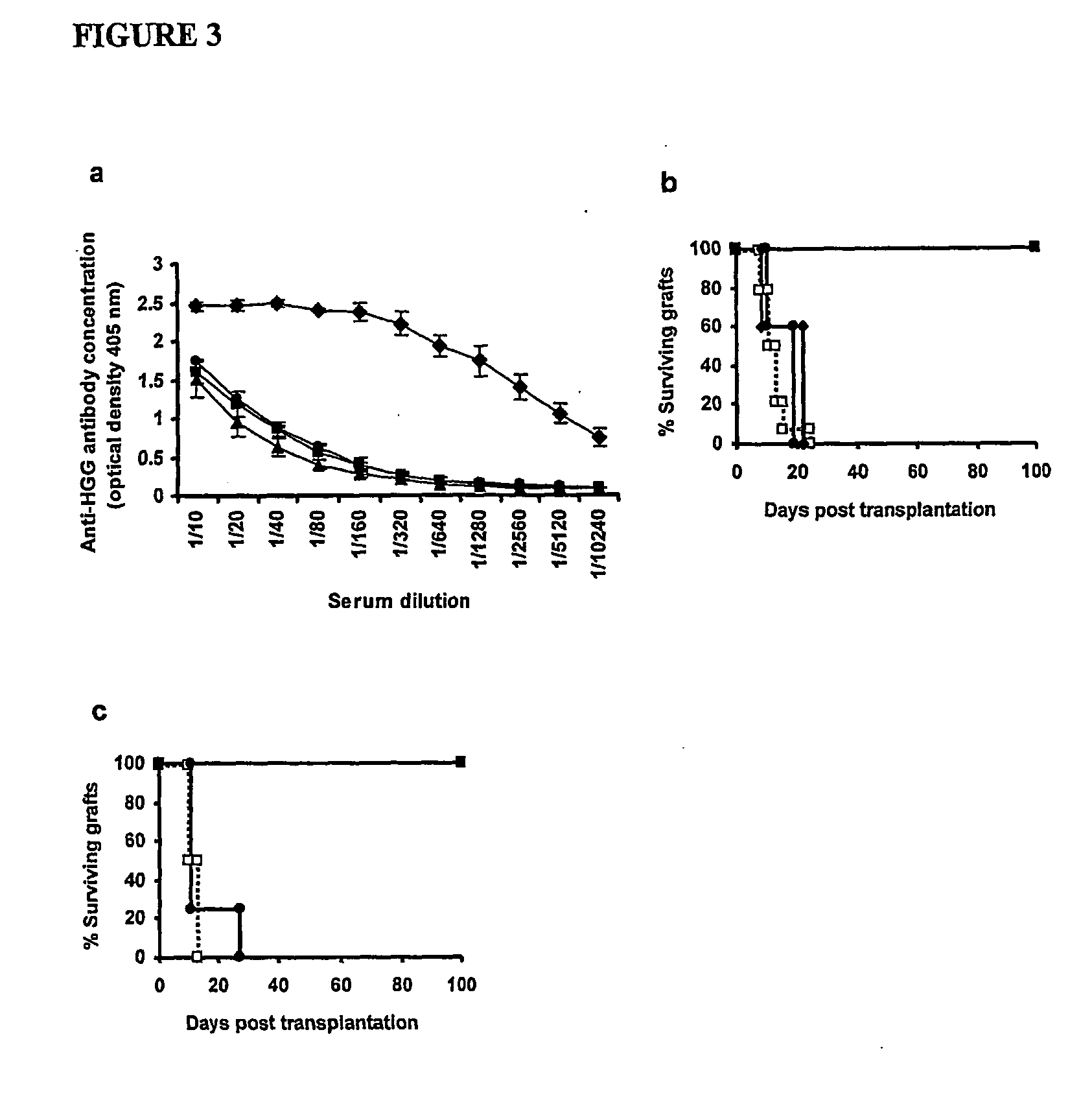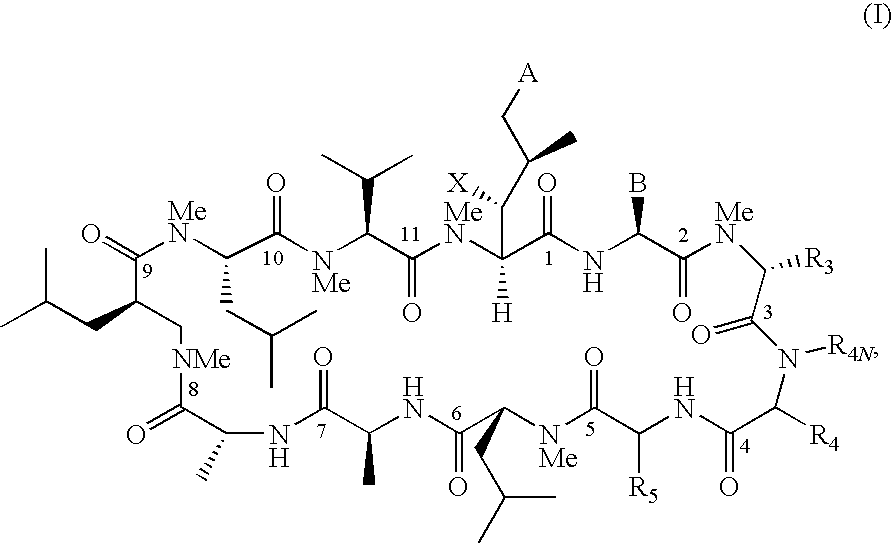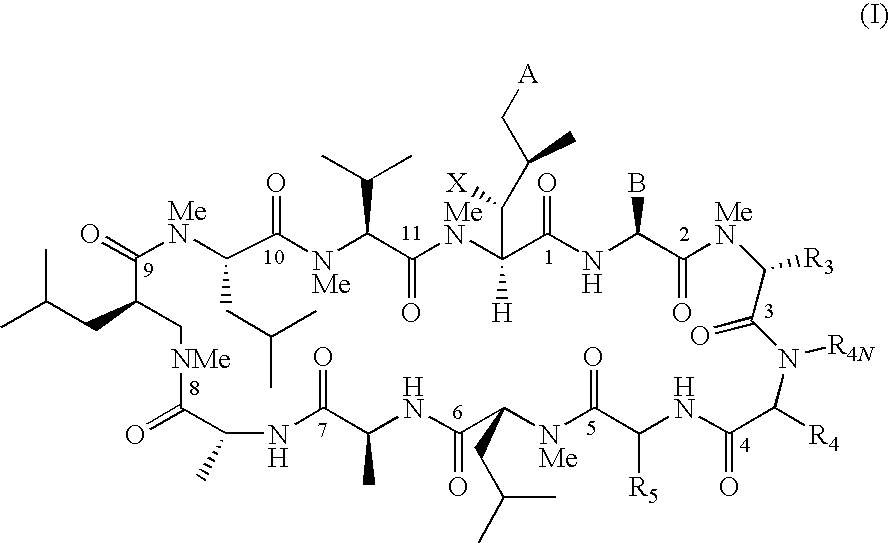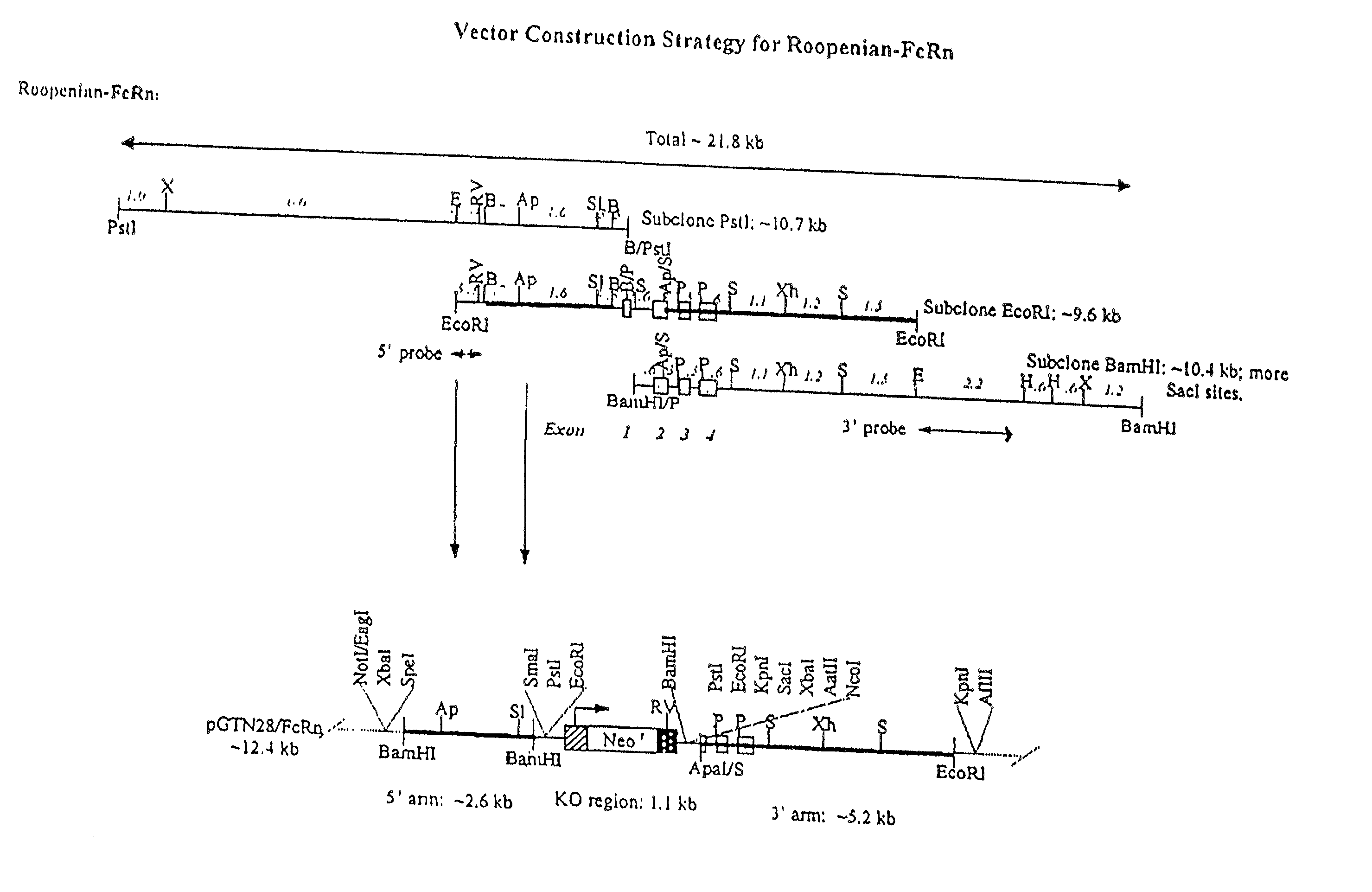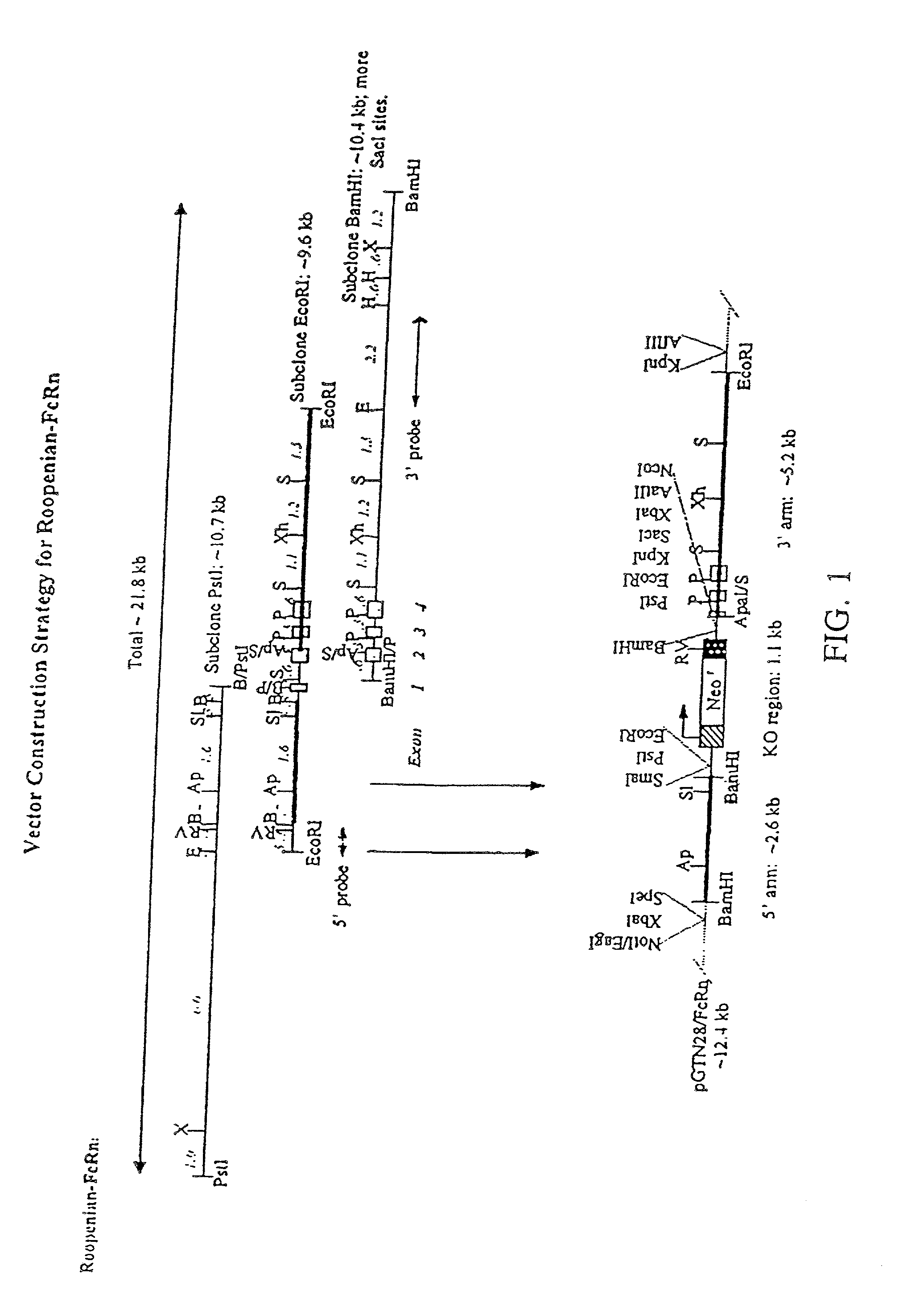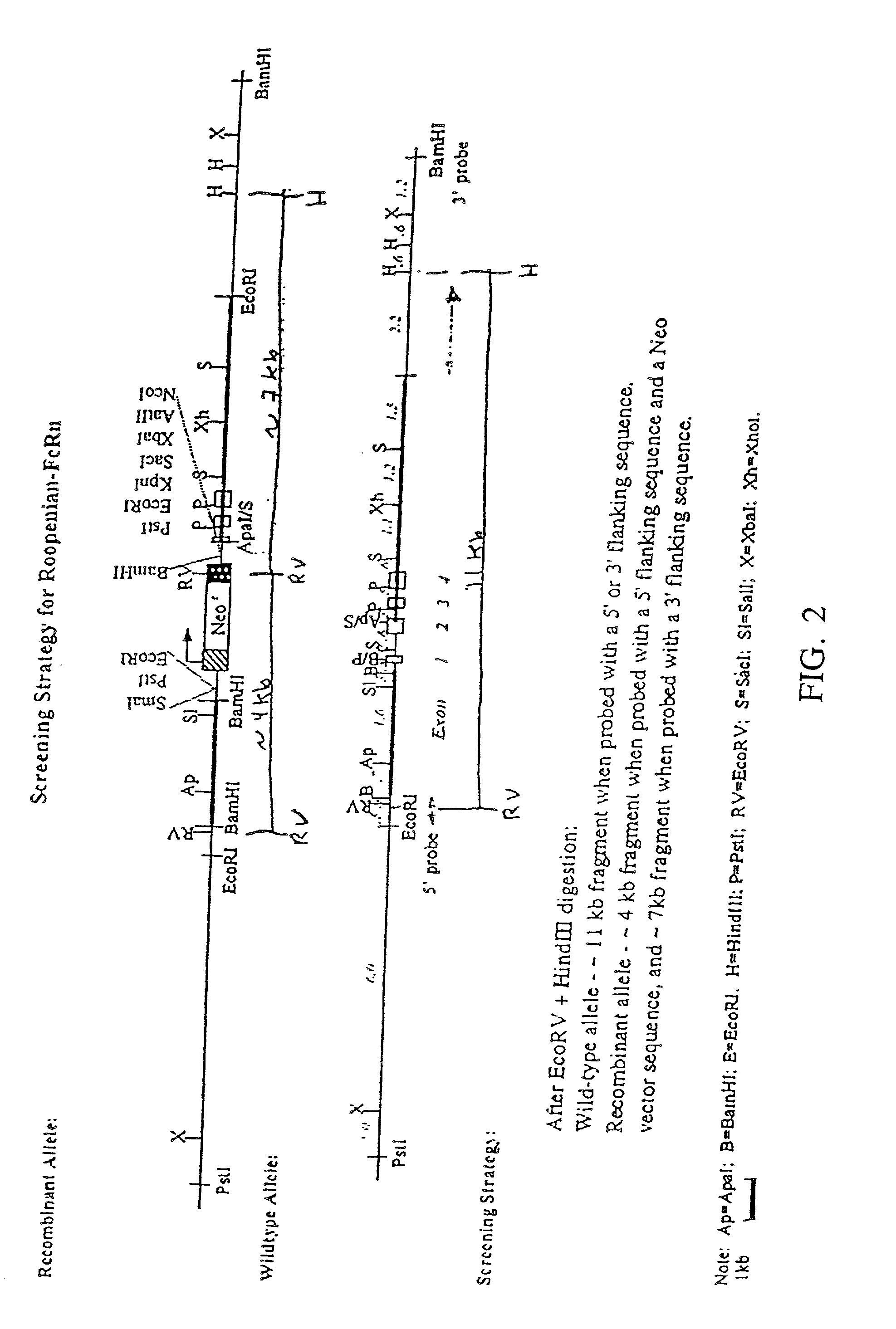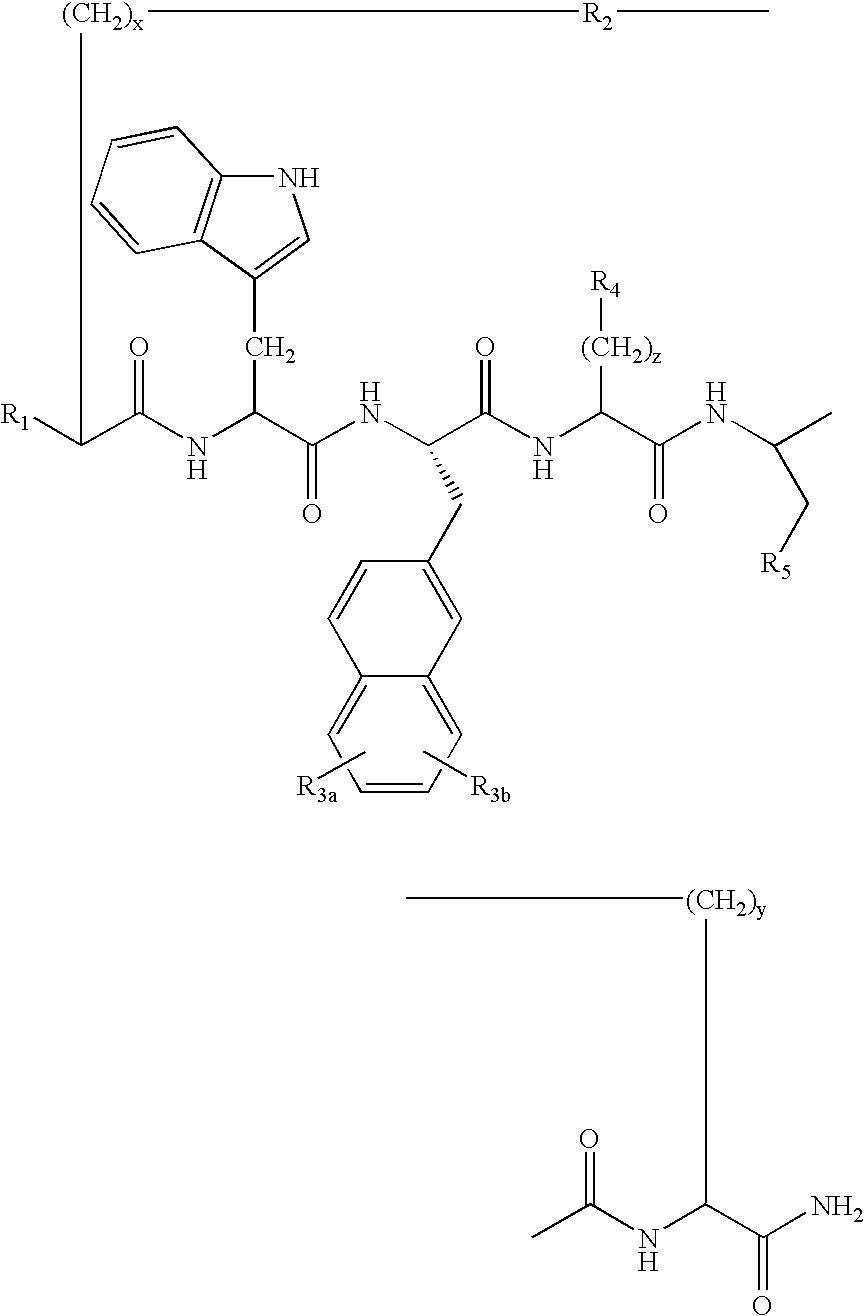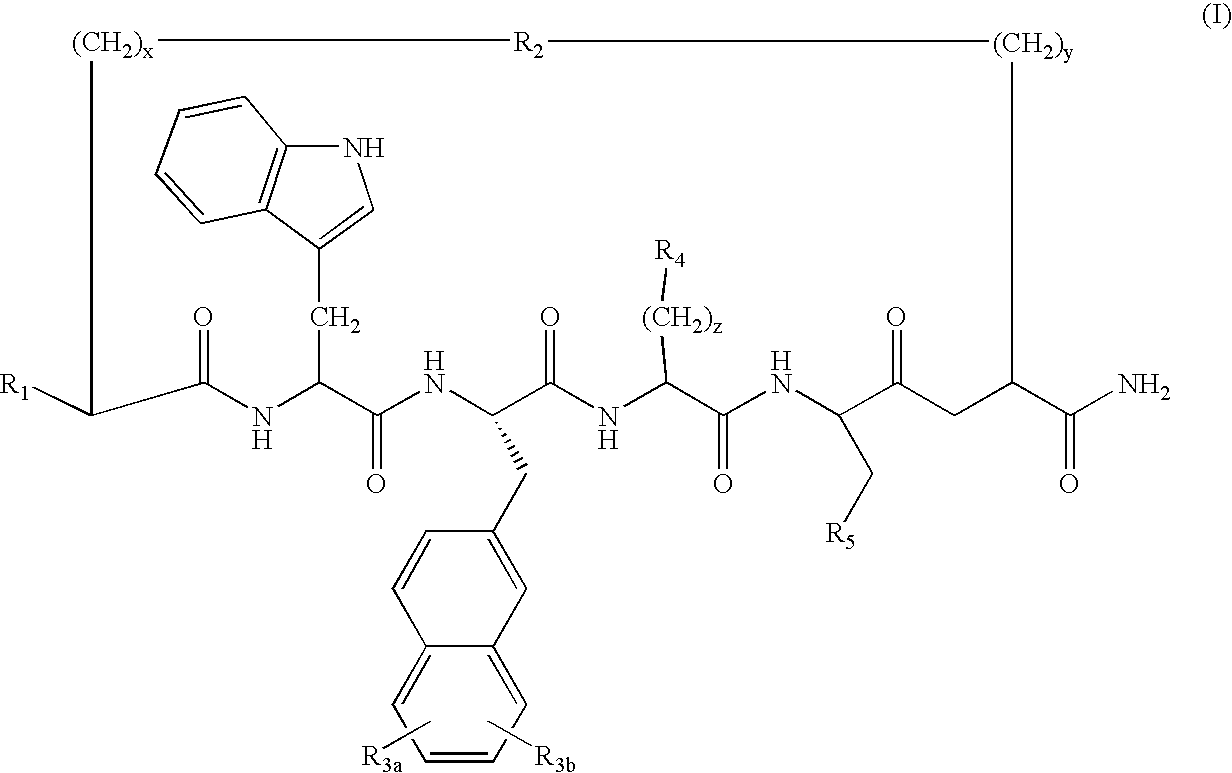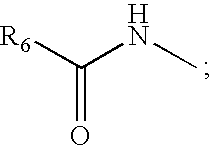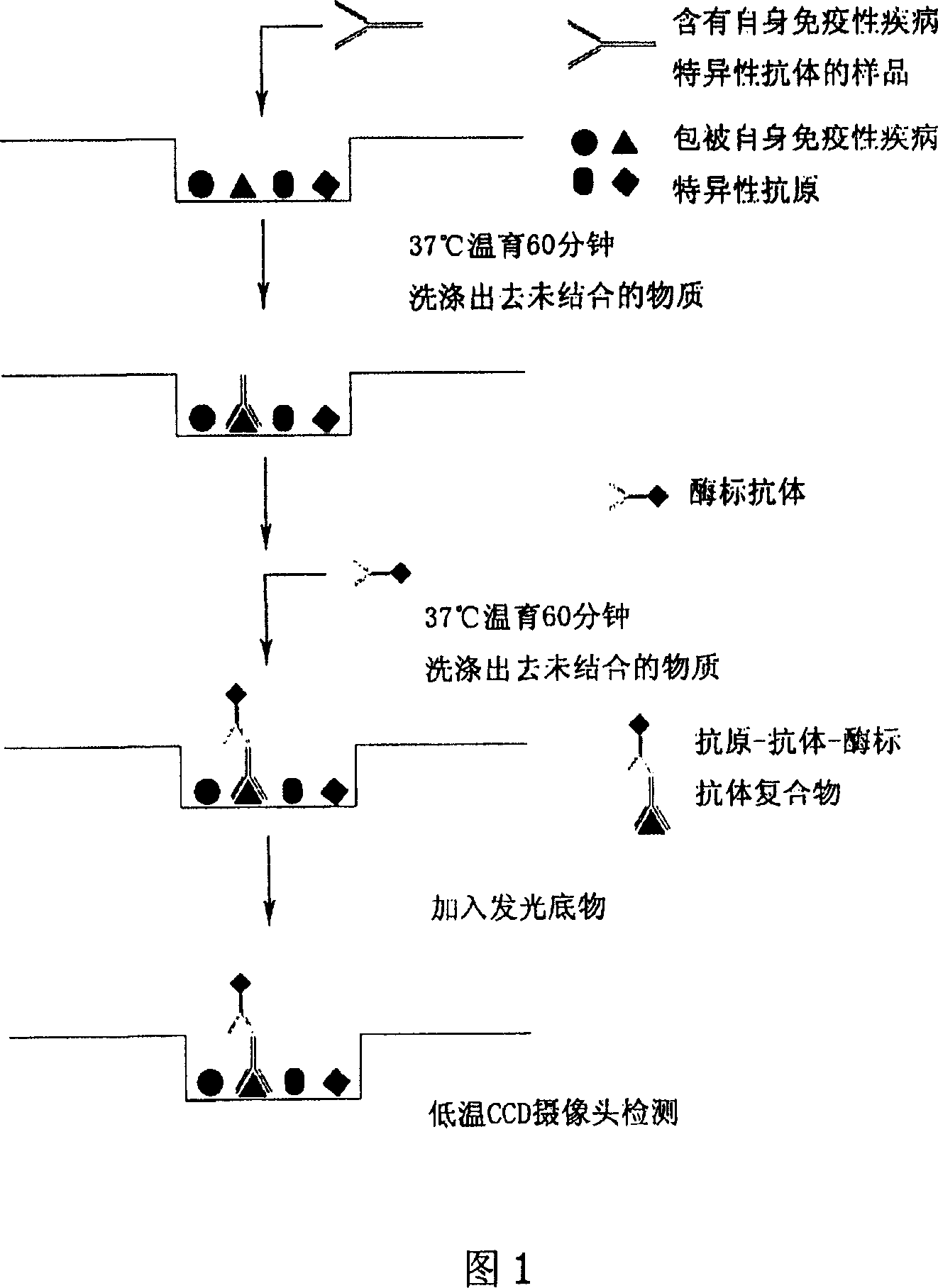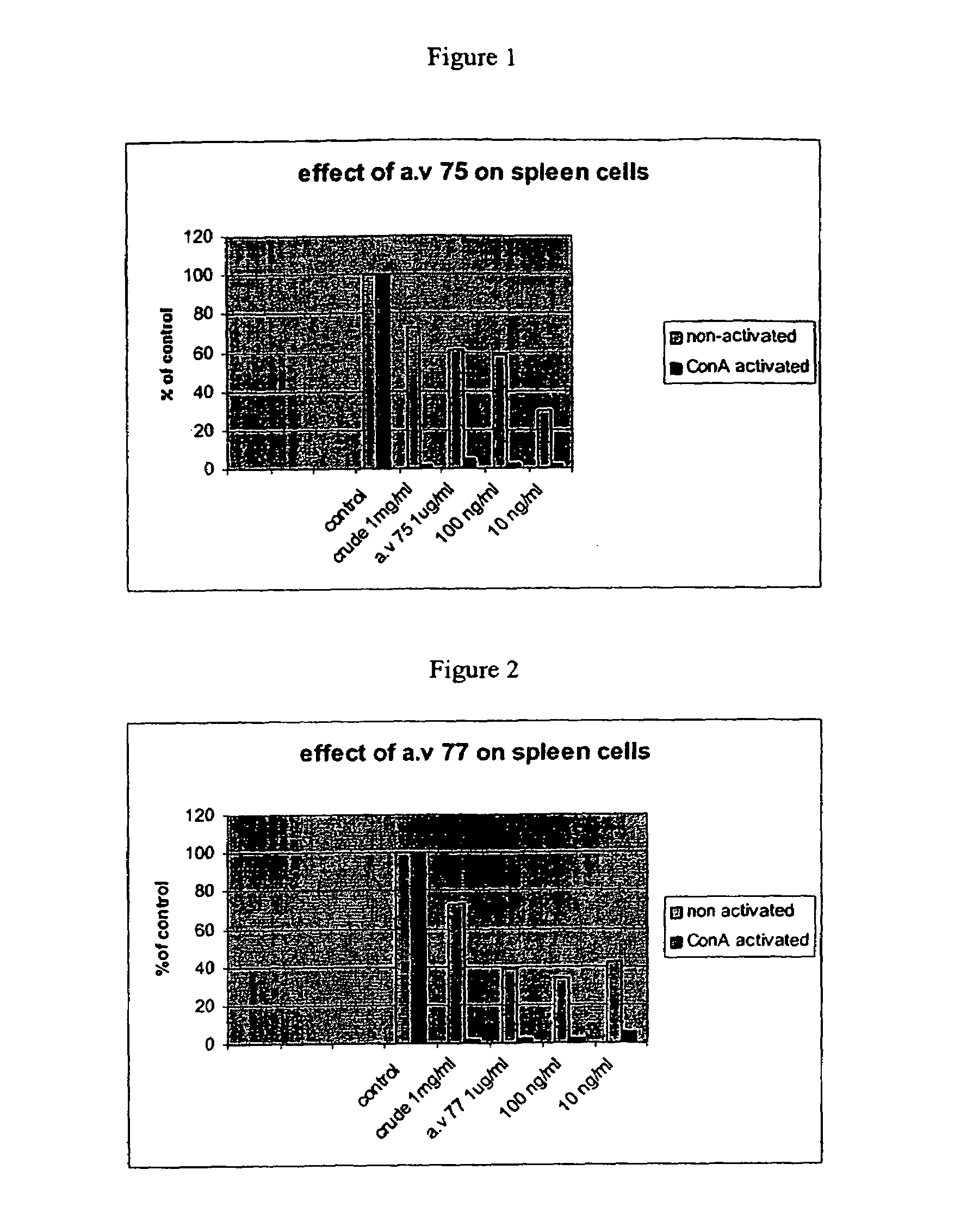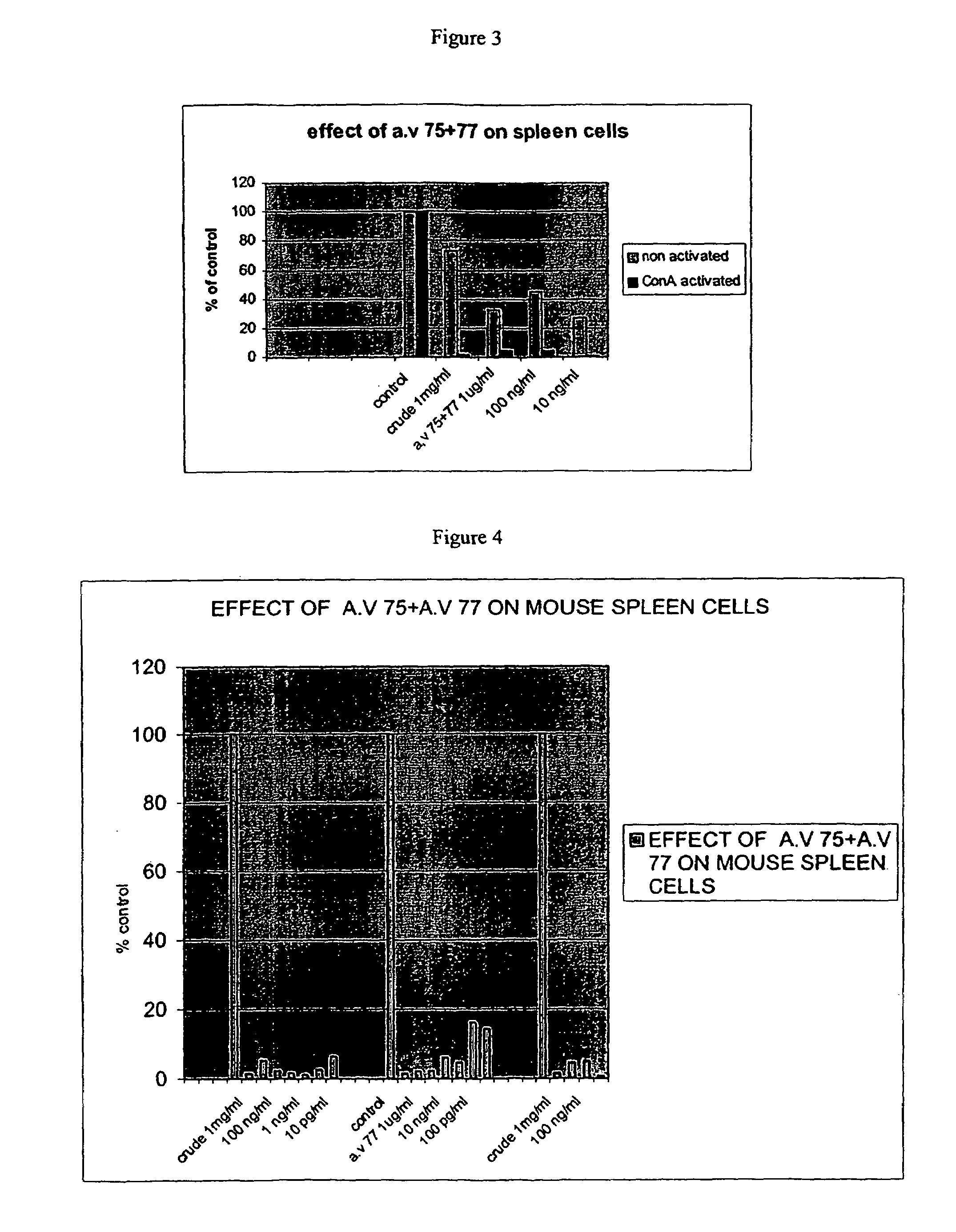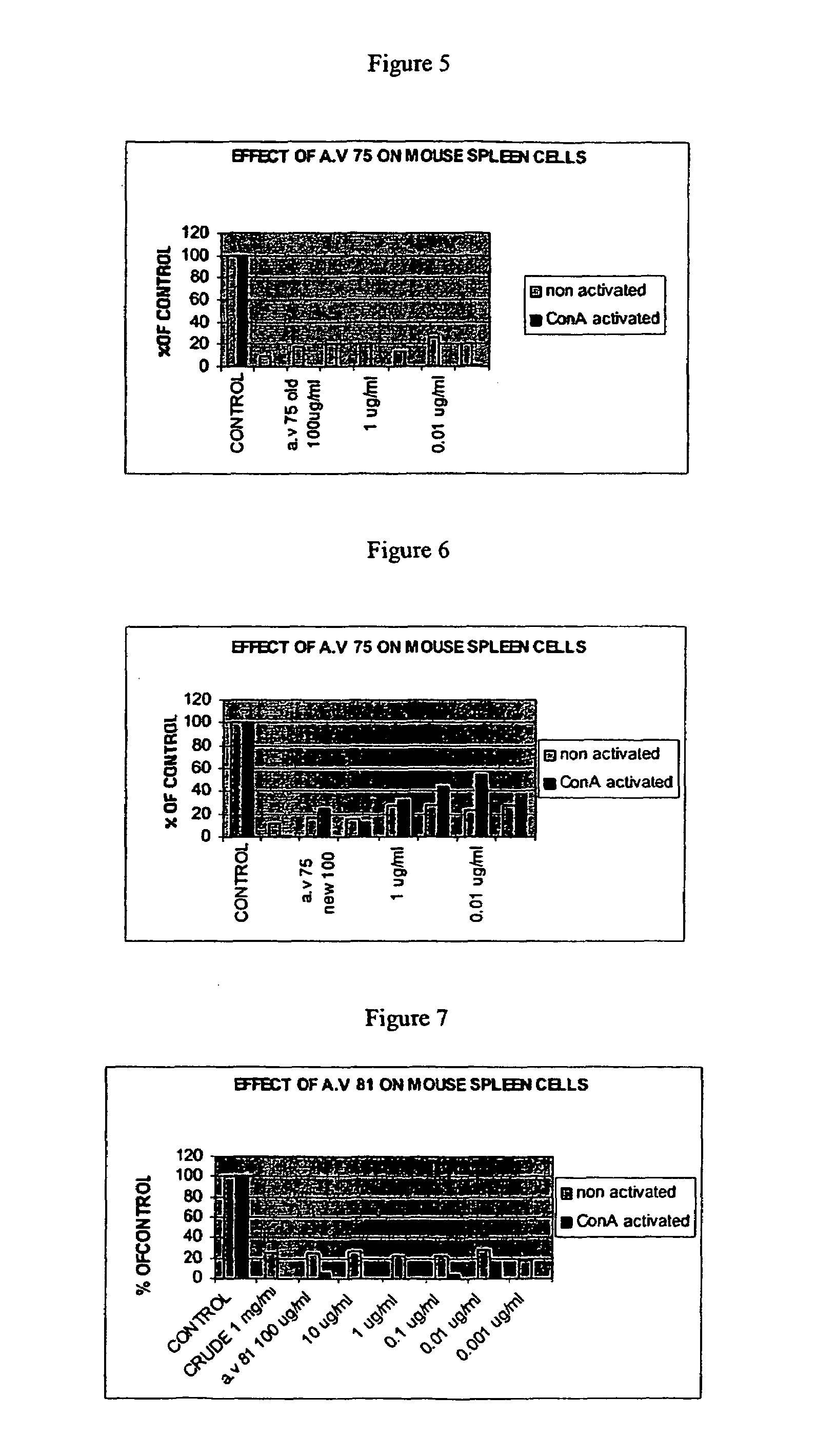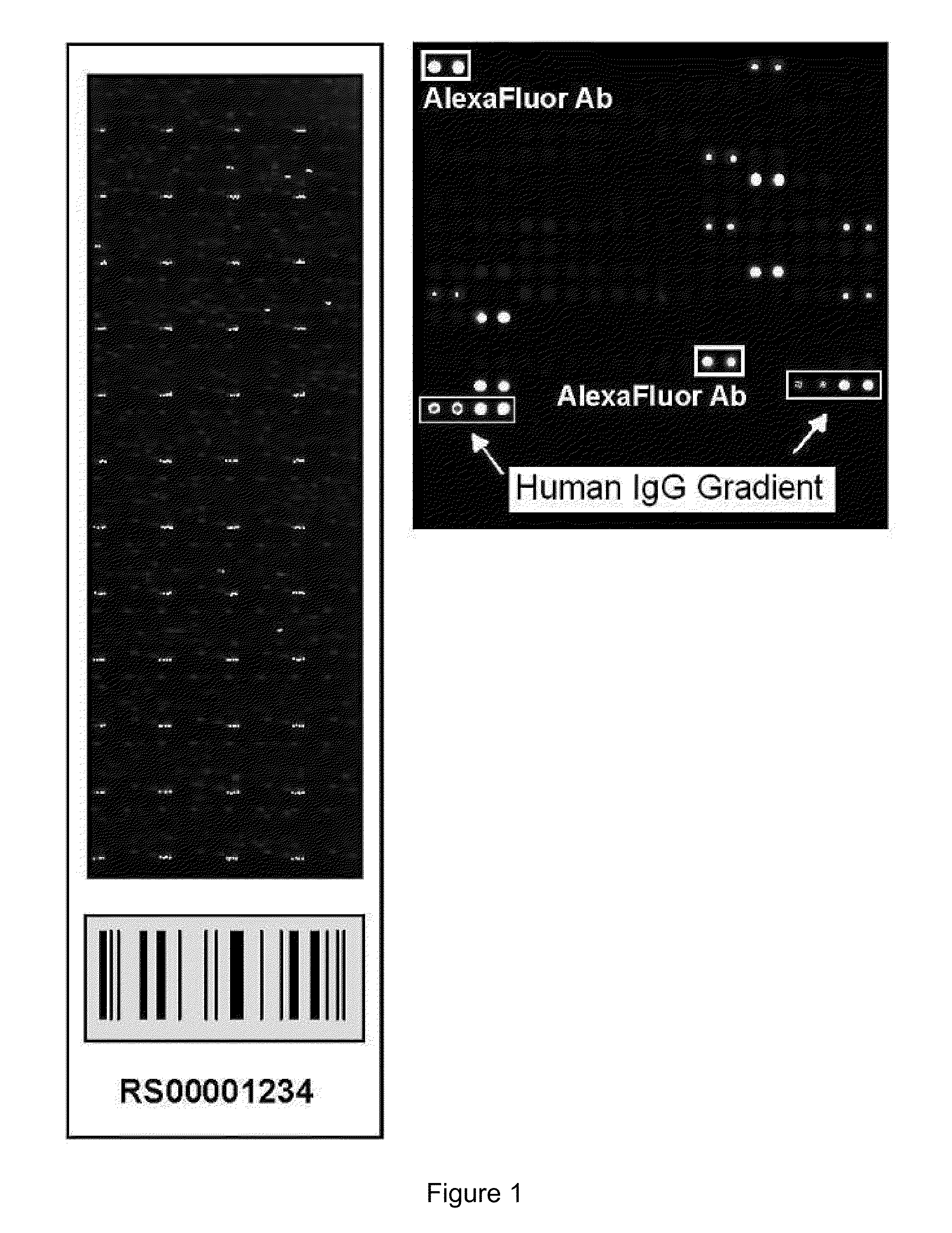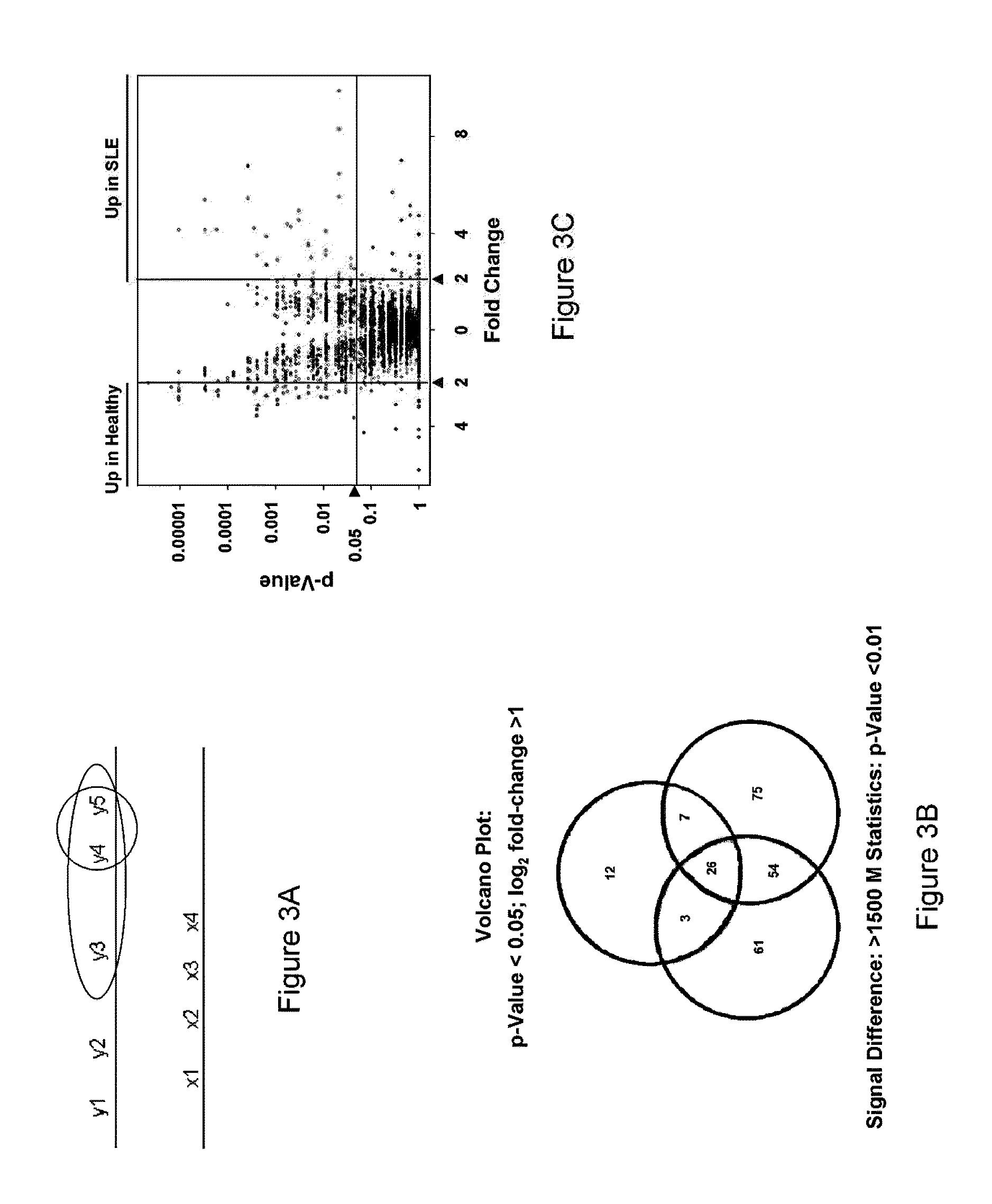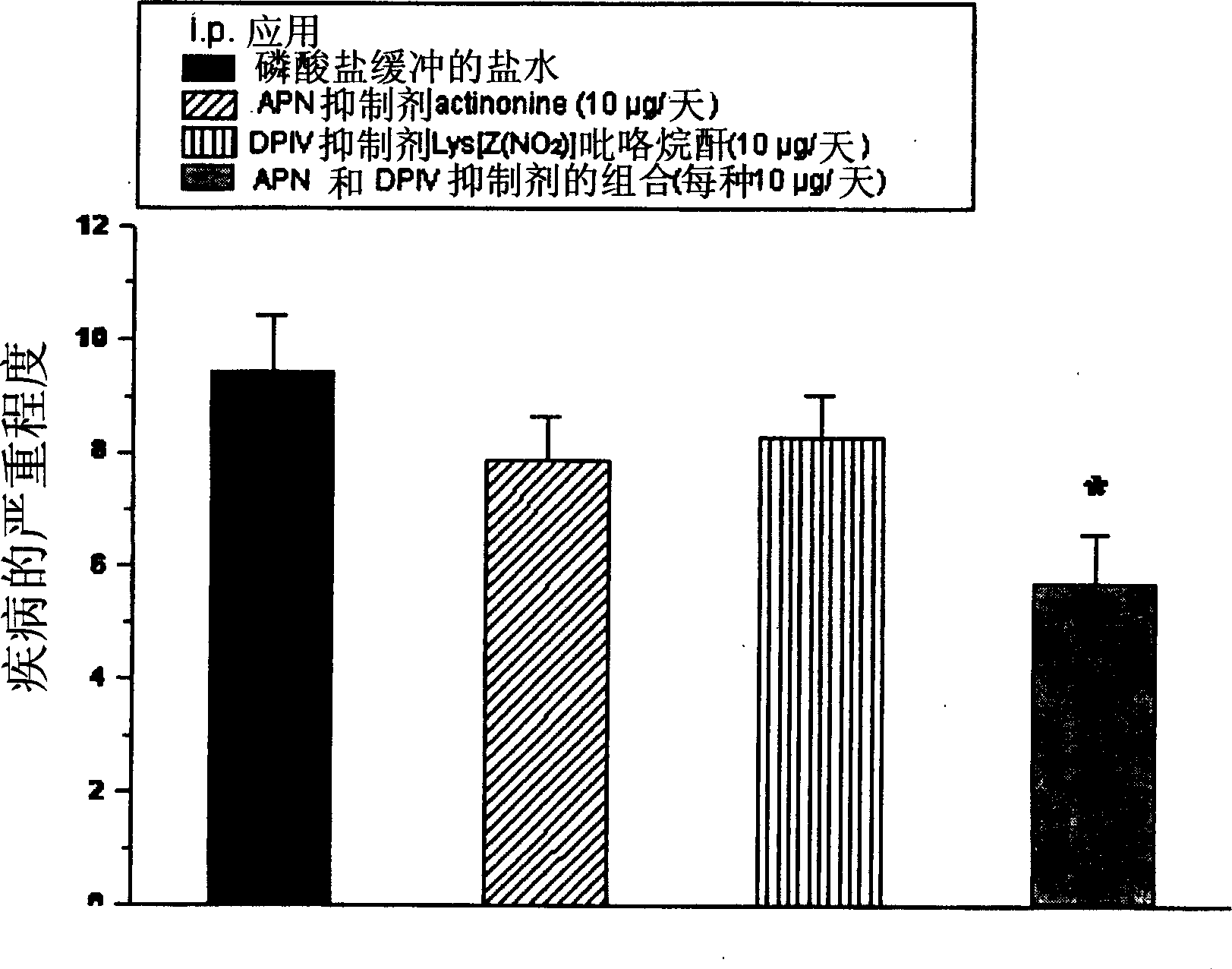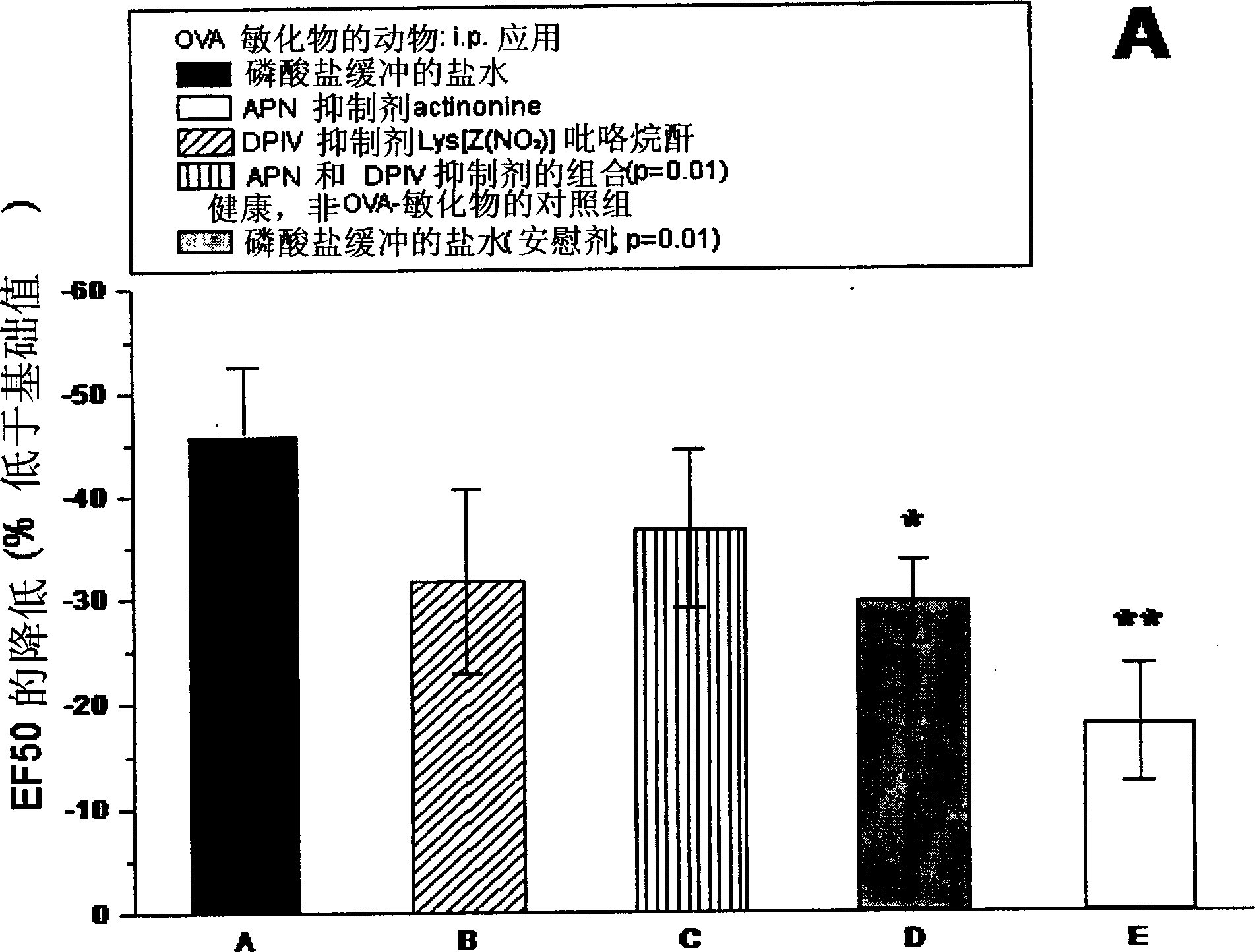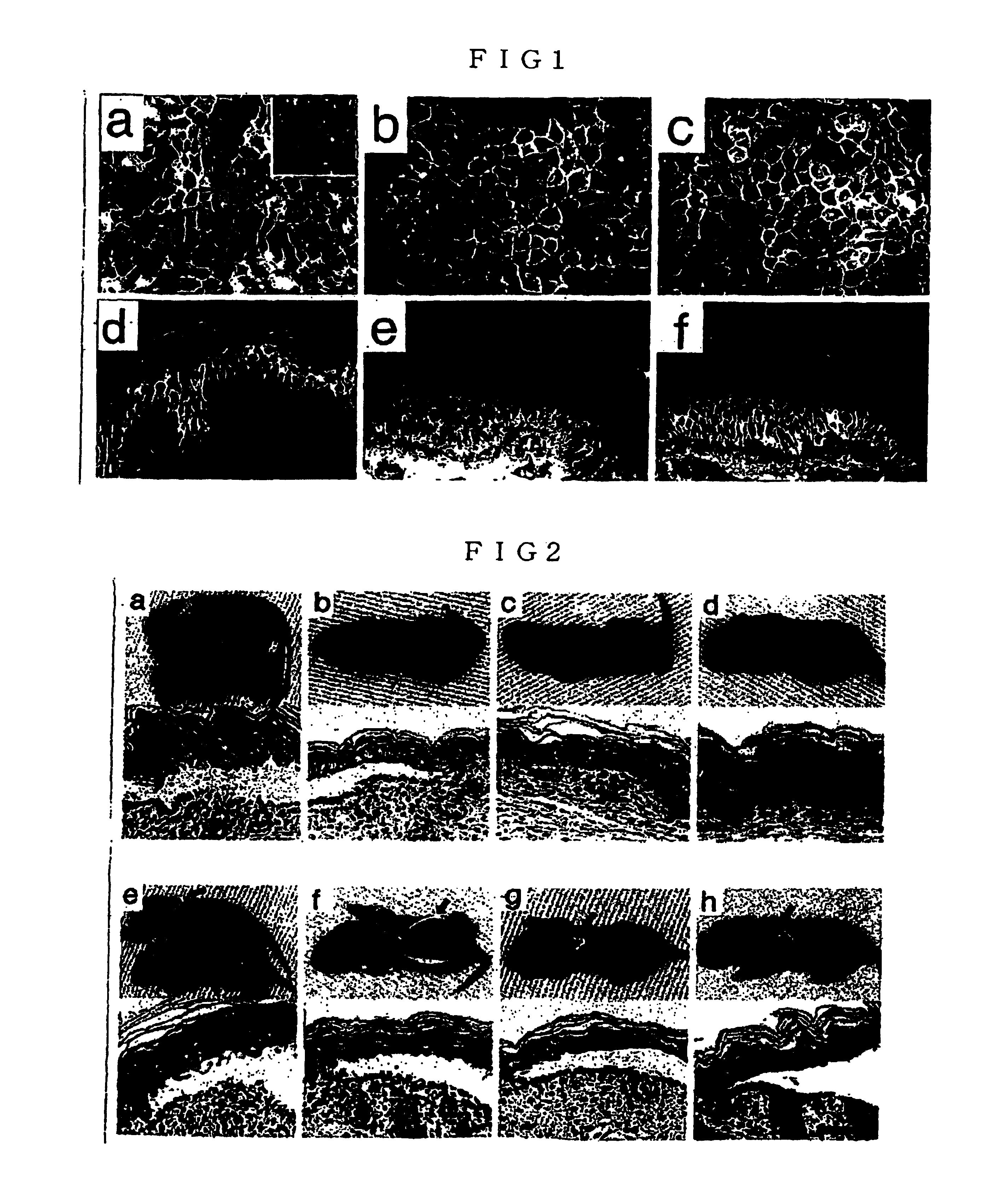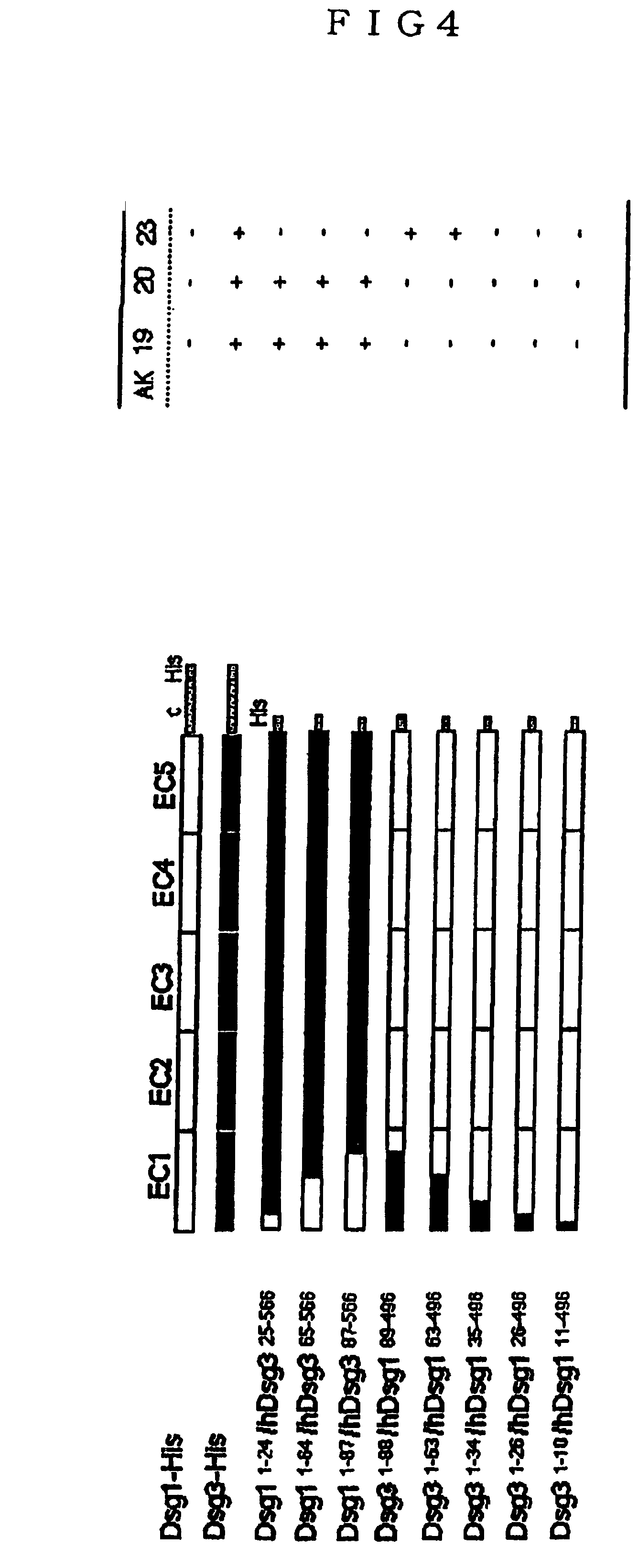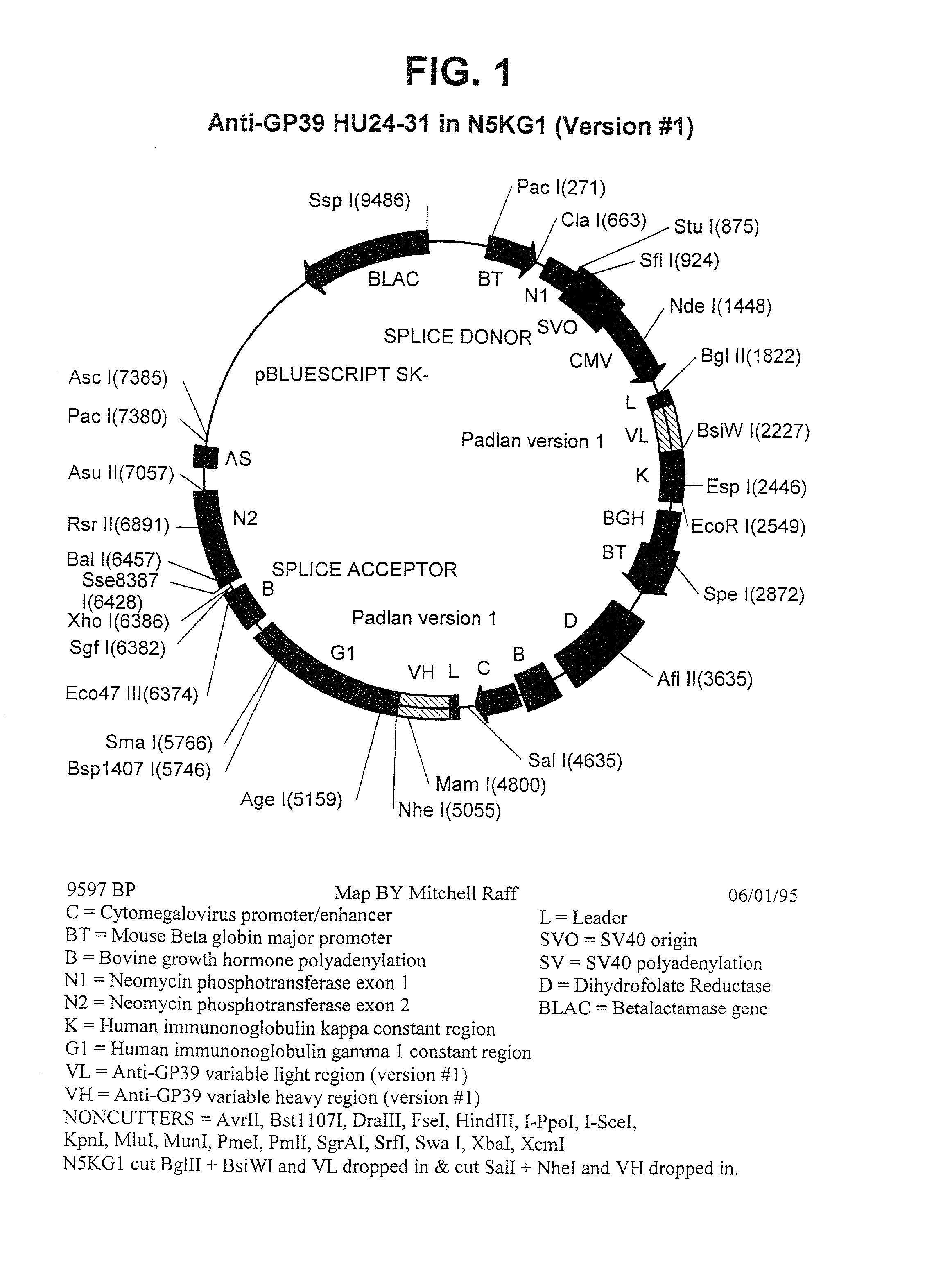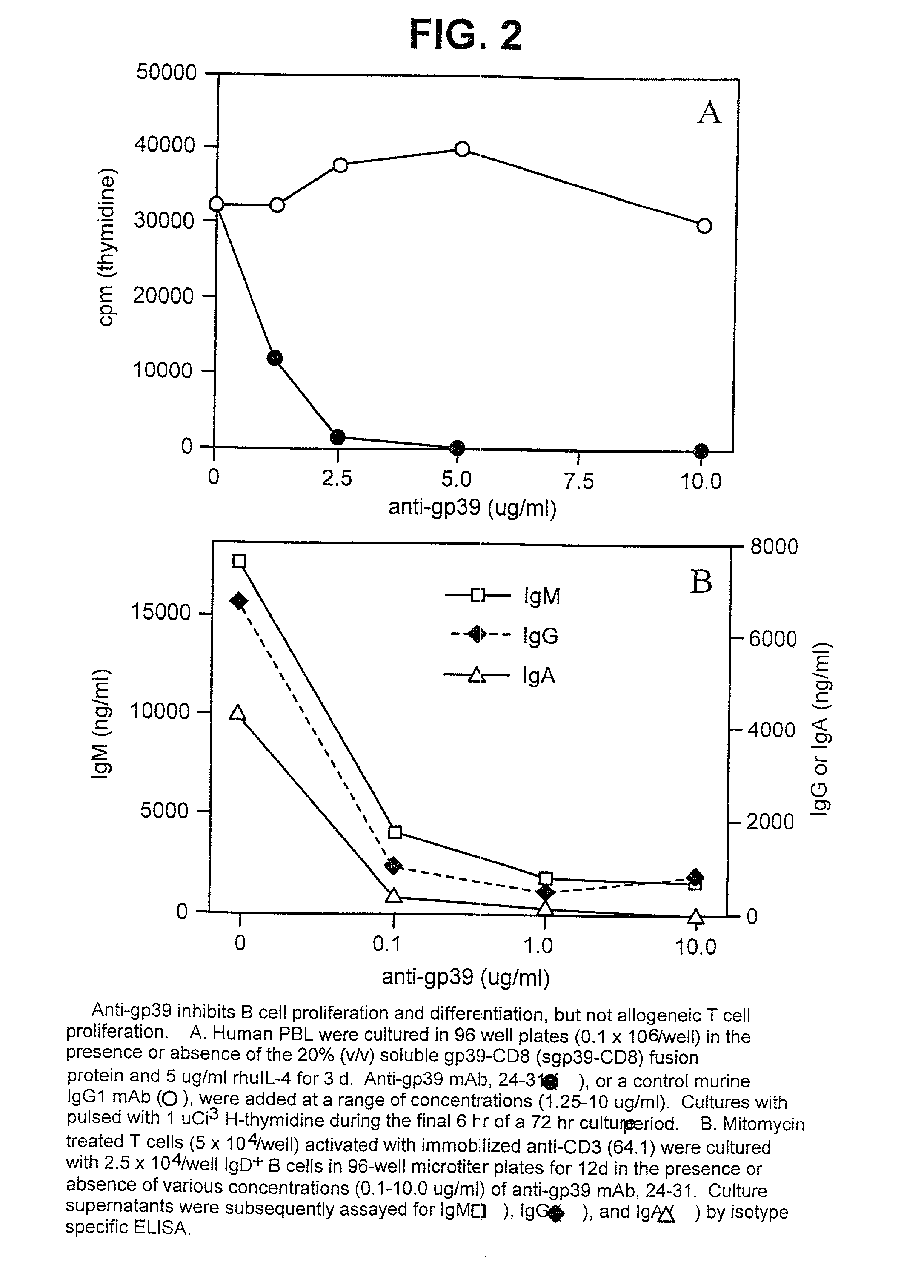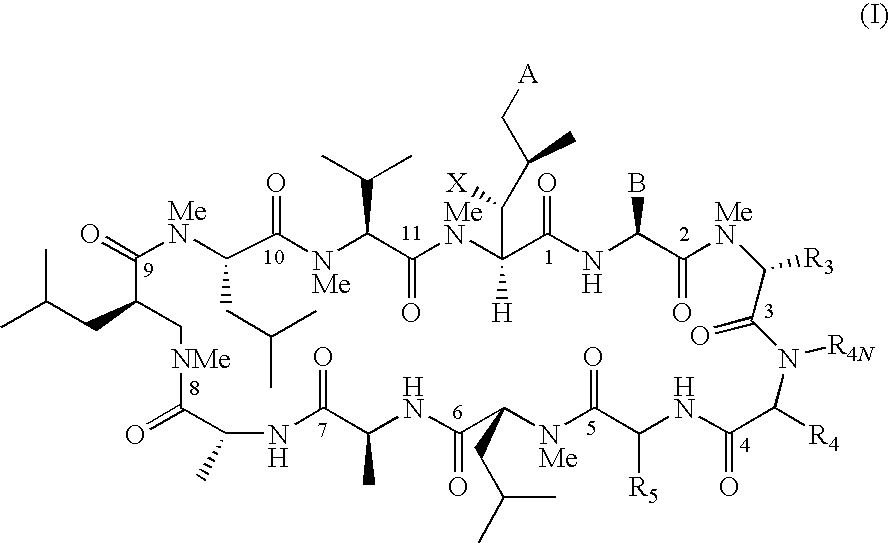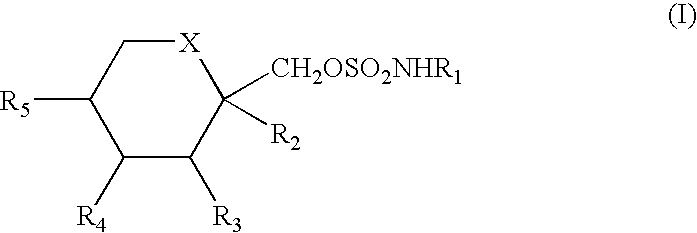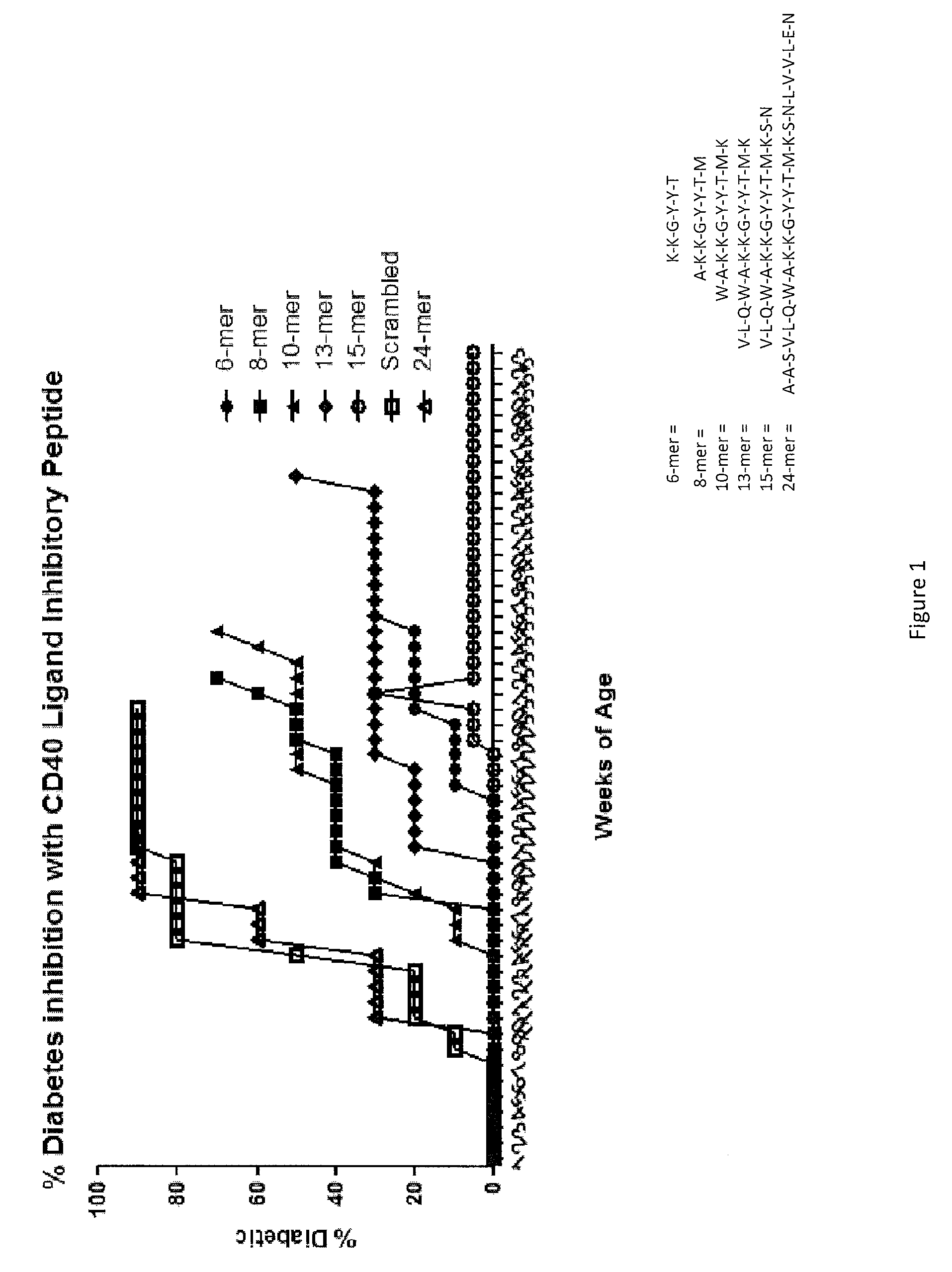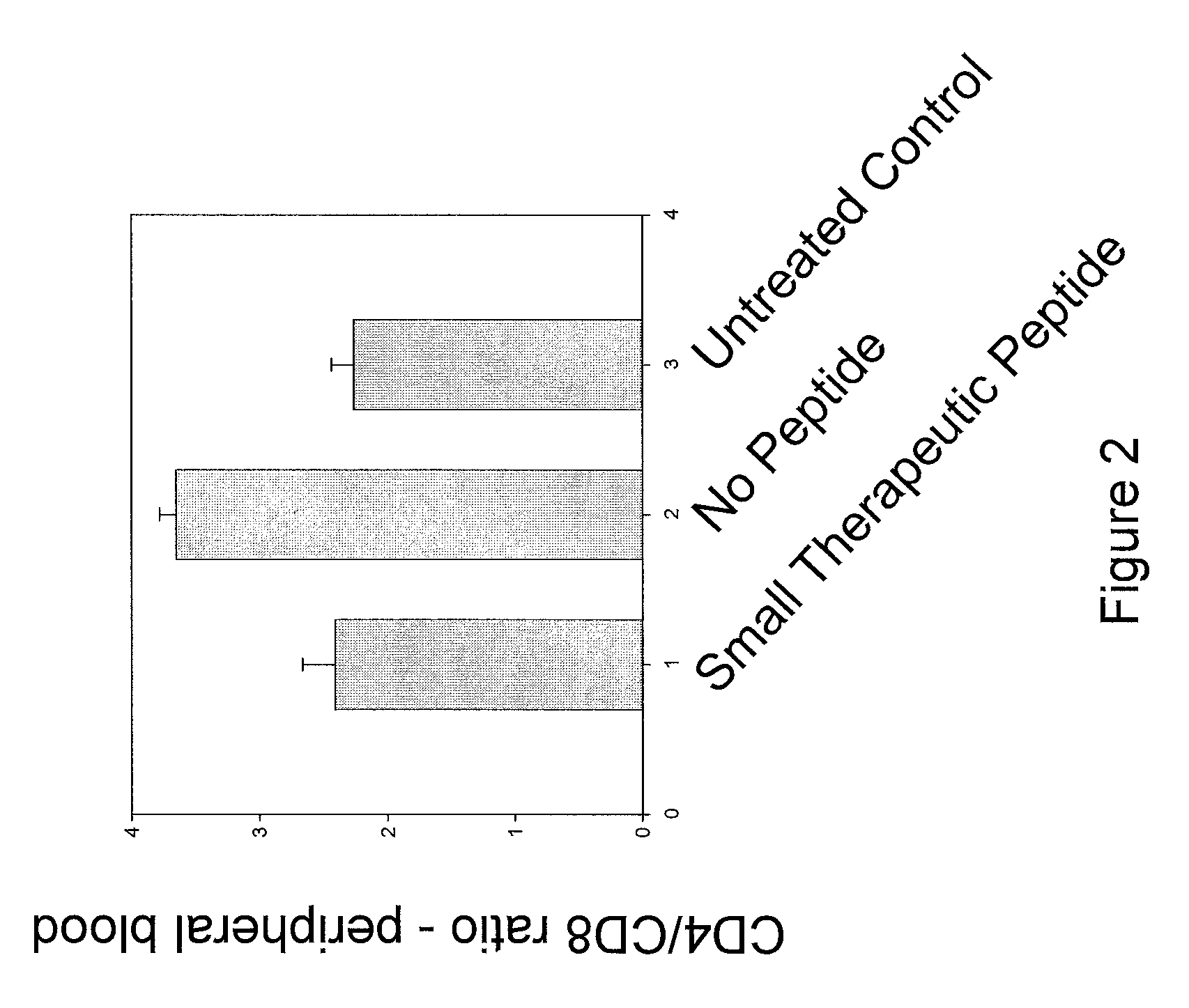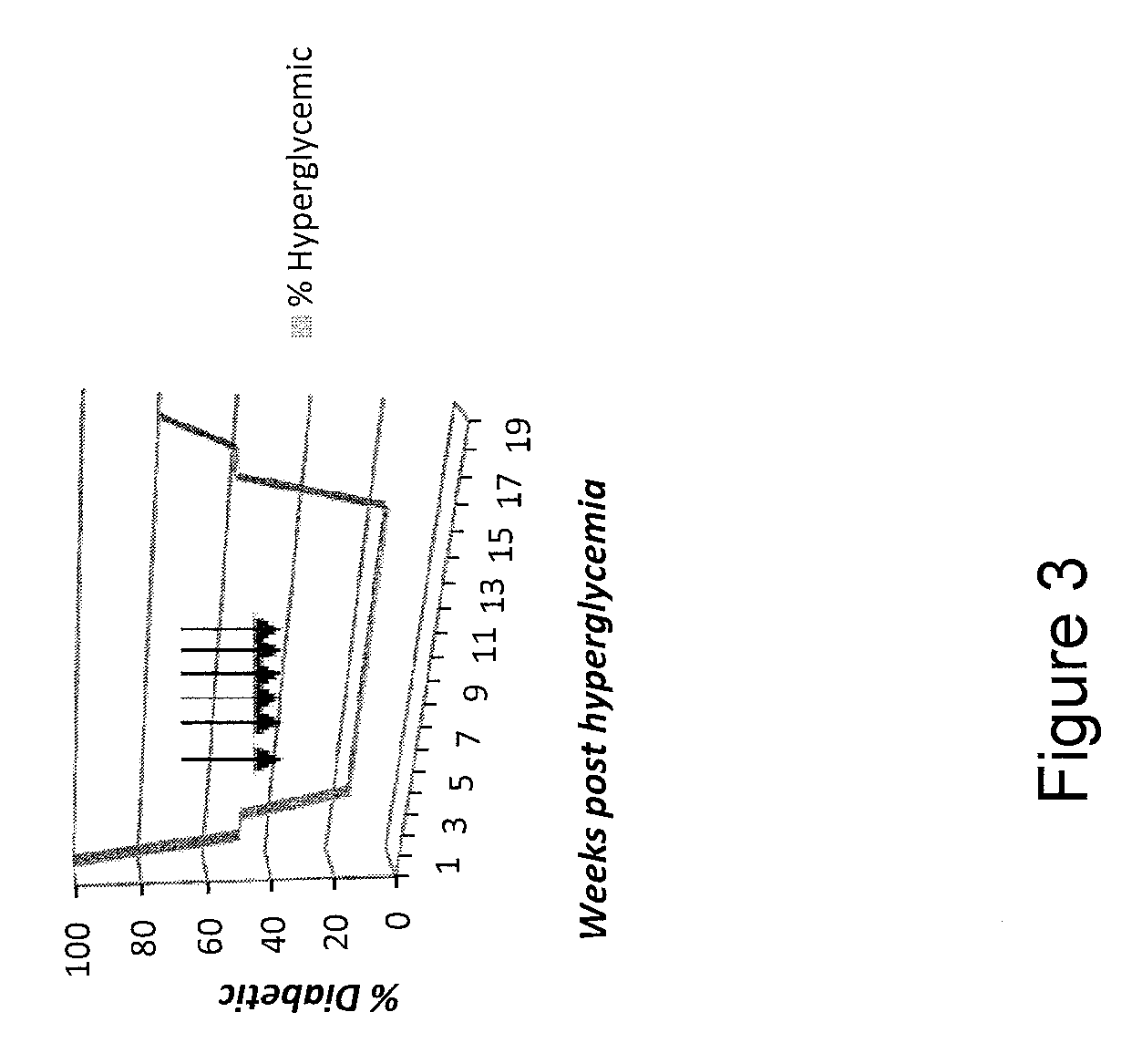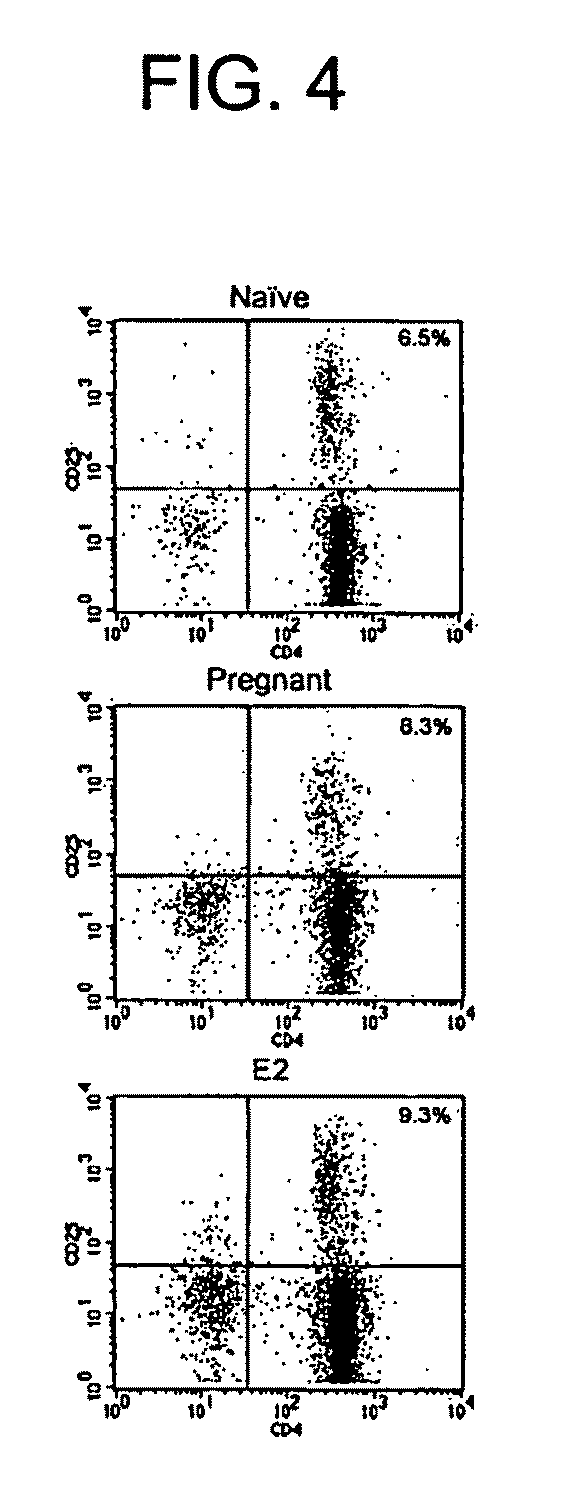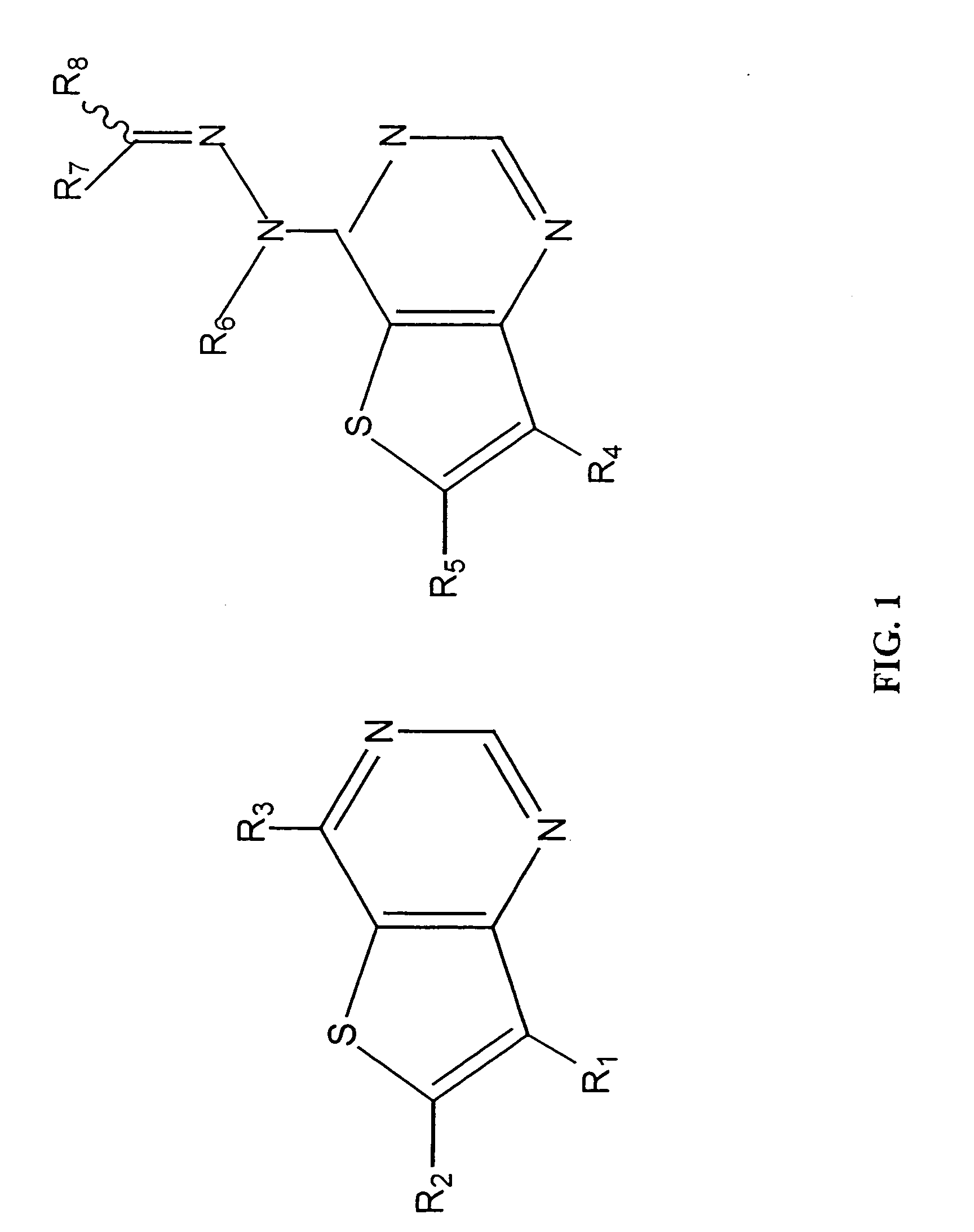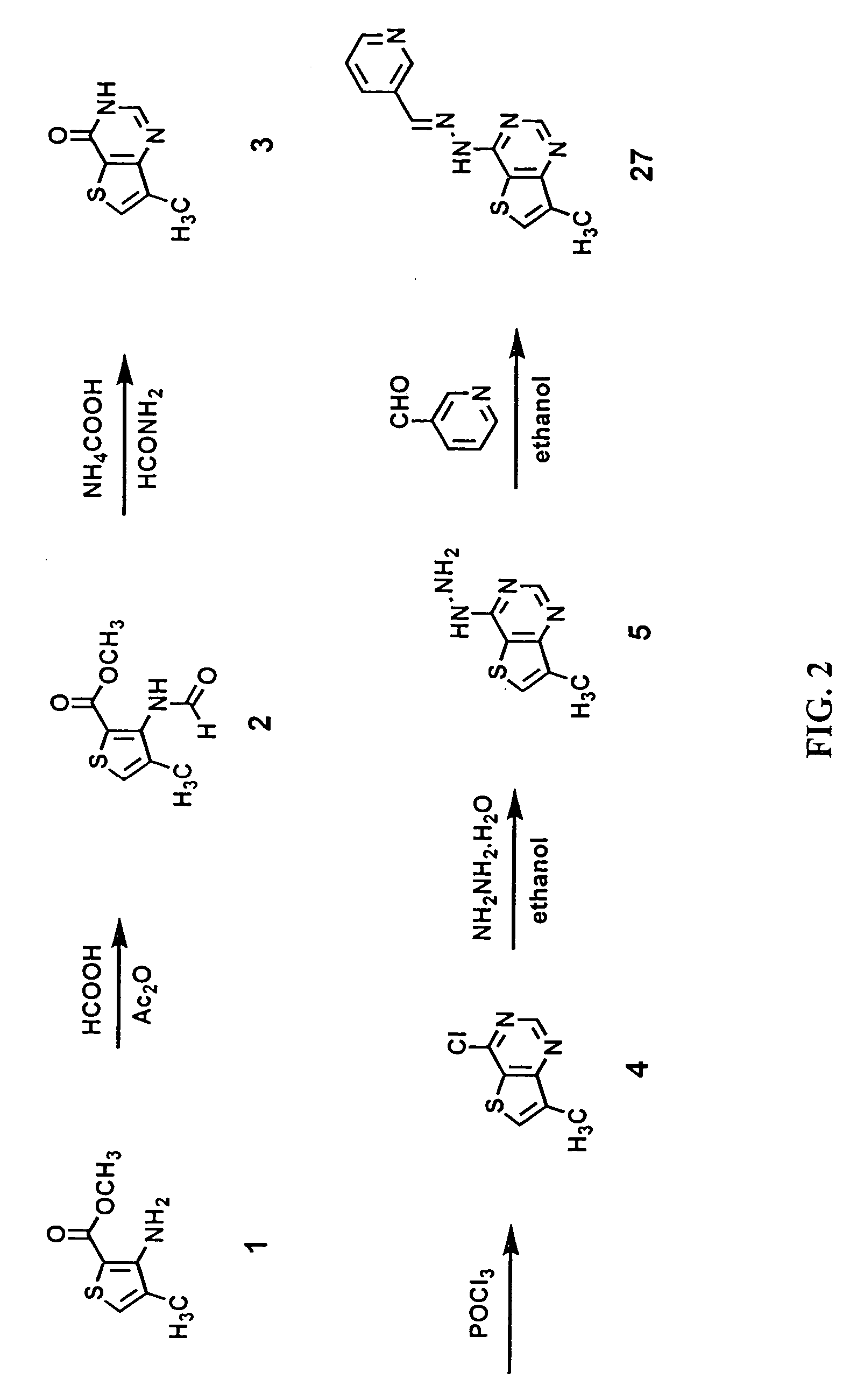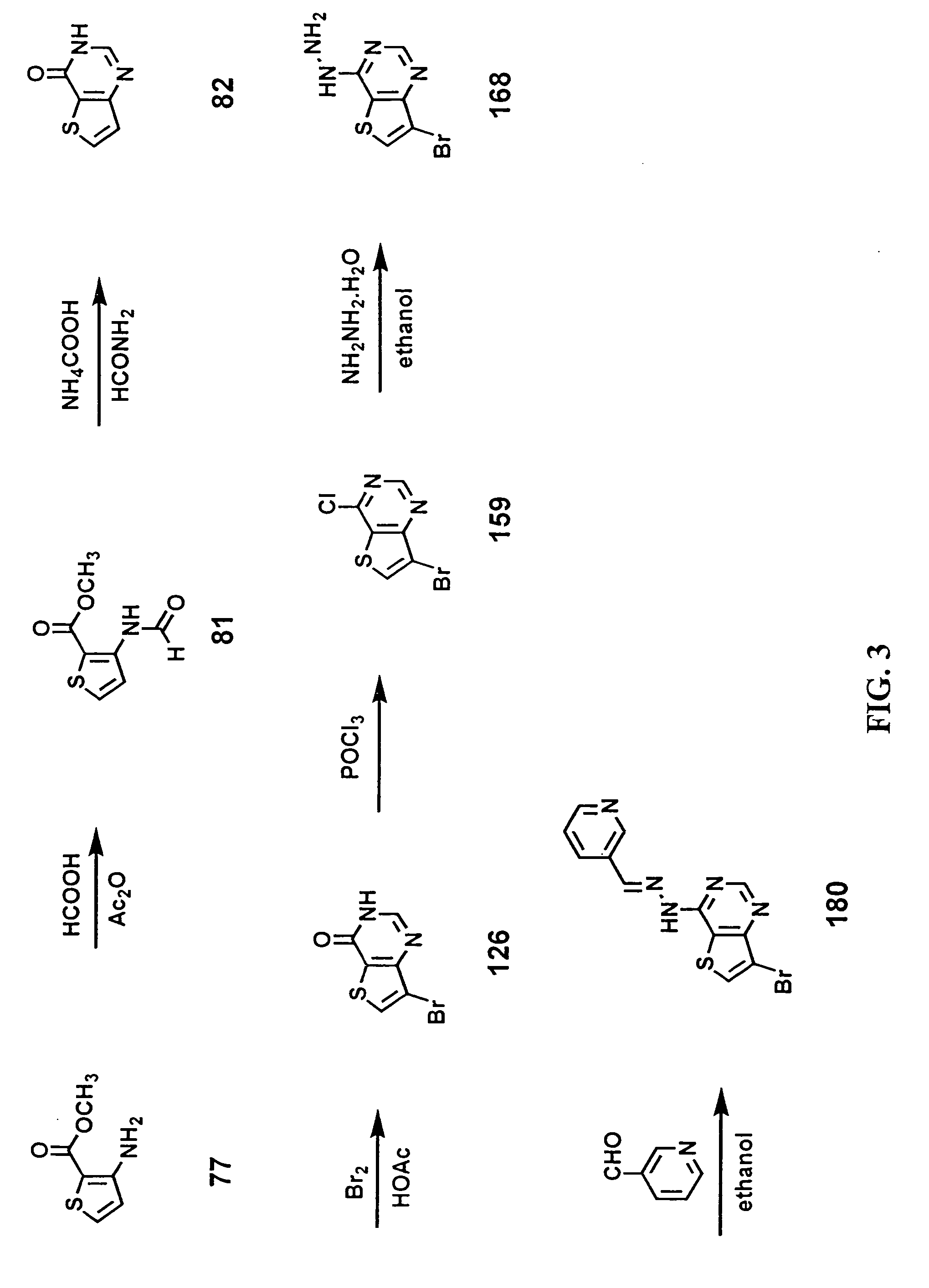Patents
Literature
Hiro is an intelligent assistant for R&D personnel, combined with Patent DNA, to facilitate innovative research.
112 results about "Immunity disorders" patented technology
Efficacy Topic
Property
Owner
Technical Advancement
Application Domain
Technology Topic
Technology Field Word
Patent Country/Region
Patent Type
Patent Status
Application Year
Inventor
Humanized FcgammaRIIB-specific antibodies and methods of use thereof
ActiveUS20060013810A1Good curative effectConvenient treatmentSenses disorderNervous disorderFc(alpha) receptorDisease
The present invention relates to humanized FcγRIIB antibodies, fragments, and variants thereof that bind human FcγRIIB with a greater affinity than said antibody binds FcγRIIA. The invention encompasses the use of the humanized antibodies of the invention for the treatment of any disease related to loss of balance of Fc receptor mediated signaling, such as cancer, autoimmune and inflammatory disease. The invention provides methods of enhancing the therapeutic effect of therapeutic antibodies by administering the humanized antibodies of the invention to enhance the effector function of the therapeutic antibodies. The invention also provides methods of enhancing the efficacy of a vaccine composition by administering the humanized antibodies of the invention. The invention encompasses methods for treating an autoimmune disease and methods for elimination of cancer cells that express FcγRIIB.
Owner:MACROGENICS INC
Humanized FcgammaRIIB-specific antibodies and methods of use thereof
ActiveUS7521542B2Immune responseAvoid immune responseSenses disorderNervous disorderFc(alpha) receptorTherapeutic antibody
The present invention relates to humanized FcγRIIB antibodies, fragments, and variants thereof that bind human FcγRIIB with a greater affinity than said antibody binds FcγRIIA. The invention encompasses the use of the humanized antibodies of the invention for the treatment of any disease related to loss of balance of Fc receptor mediated signaling, such as cancer, autoimmune and inflammatory disease. The invention provides methods of enhancing the therapeutic effect of therapeutic antibodies by administering the humanized antibodies of the invention to enhance the effector function of the therapeutic antibodies. The invention also provides methods of enhancing the efficacy of a vaccine composition by administering the humanized antibodies of the invention. The invention encompasses methods for treating an autoimmune disease and methods for elimination of cancer cells that express FcγRIIB.
Owner:MACROGENICS INC
CD47 related compositions and methods for treating immunological diseases and disorders
InactiveUS20080131431A1Lower capability requirementsAntibacterial agentsSenses disorderImmune complex depositionImmune complex
Provide herein are fusion polypeptides that comprise a CD47 extracellular domain or a variant thereof that is fused to a Fc polypeptide. The fusion polypeptides are useful for treating an immunological disease or disorder in a subject according to the methods described herein. The fusion polypeptides are capable of suppressing immunoresponsiveness of an immune cell, inhibiting production of proinflammatory cytokines, including inhibiting immune complex-induced production of cytokines.
Owner:THE BOARD OF TRUSTEES OF THE LELAND STANFORD JUNIOR UNIV
Antiviral agents
ActiveUS20110218175A1BiocideGroup 5/15 element organic compoundsHepatitis c viralOrgan transplant rejection
The present invention relates to antiviral compounds of formula (I),compositions containing these compounds, processes for their preparation, intermediates in their synthesis, and their use as therapeutics for prevention of organ transplantation rejection, the treatment of immune disorders and inflammation, and treatment of viral (particularly hepatitis C viral) infection.
Owner:ENANTA PHARM INC
Modulation of systemic immune responses by transplantation of hematopoietic stem cells transduced with genes encoding antigens and antigen presenting cell regulatory molecules
The invention provides methods and compositions for the modulation of systemic immune responses by transplantation of hematopoietic stem cells transduced with genes encoding antigens and antigen presenting cell regulatory molecules. The invention includes bi-cistronic lentiviral expression vectors adapted for antigen expression in antigen presenting cells for use in DNA vaccines directed against pathogens and tumor antigens as well as for the treatment of autoimmune disease and for the establishment of antigen tolerance.
Owner:THE JOHN HOPKINS UNIV SCHOOL OF MEDICINE
Suppression of transplant rejection
InactiveUS20070166307A1Vertebrate cellsImmunoglobulins against cell receptors/antigens/surface-determinantsAutoimmune conditionRegulatory T cell
The present invention relates to a transplant rejection in an animal suppressed by administration of an antibody directed at a cell surface antigen selected from the group consisting of CD4, CD8, CD154, LFA-1, CD80, CD86 and ICAM-1, preferably an anti-CD4 antibody, together with a non-cellular protein antigen to generate in the animal a population of regulatory T-lymphocytes; reactivating said population of regulatory T-lymphocytes by further administration to the animal of the non-cellular protein antigen; and transplanting said organ or tissue whilst said population of regulatory T-lymphocytes is activated. Regulatory T cells can be generated ex vivo by culturing T cells with an antibody directed at a cell surface antigen selected from the group consisting of CD4, CD8, CD154, LFA-1, CD80, CD86 and ICAM-1, in the presence of cells that present either alloantigen or a non-cellular protein antigen. Ex vivo generated T-lymphocytes can be used as an alternative method of overcoming transplant rejection or in combination with the in vivo method. A similar approach can be adopted for the treatment of autoimmune conditions.
Owner:ISIS INNOVATION LTD
Compounds for inflammation and immune-related uses
Owner:SYNTA PHARMA CORP
Cyclosporin analogues
ActiveUS20100209390A1Inhibition of replicationAntibacterial agentsBiocideHepatitis c viralCyclosporins
The present invention provides cyclosporin analogues of formula I,and compositions comprising these compounds, as well as processes for their preparation, intermediates in their synthesis, and methods of use thereof for prevention of organ transplantation rejection, the treatment of immune disorders and inflammation, and treatment of viral (particularly hepatitis C viral) infection.
Owner:ENANTA PHARM INC
FcRn-based therapeutics for the treatment of auto-immune disorders
InactiveUS20020138863A1Increased catabolismShort livedDepsipeptidesAntibody ingredientsDiseaseTransgenic knockout
Disclosed is a transgenic knockout mouse whose genome comprises a homozygous disruption in its endogenous FcRn gene, wherein said homozygous disruption prevents the expression of a functional FcRn protein, resulting in a transgenic knockout mouse in which exogenously administered IgG1 exhibits a substantially shorter half-life, as compared to the half-life of exogenously administered IgG1 in a wild-type mouse. Also disclosed is a transgenic knockout mouse whose genome comprises a homozygous disruption in its endogenous FcRn gene, wherein said homozygous disruption prevents the expression of a functional FcRn protein, resulting in a transgenic knockout mouse which is unable to absorb maternal IgG in the prenatal or neonatal stage of development Methods of using the transgenic knockout mouse, and cells derived therefrom, are also disclosed.
Owner:JACKSON LAB THE
Propylene glycol derivatives, preparation method thereof, pharmaceutical composition and use thereof
InactiveCN102260177AOrganic chemistryImmunological disordersCurative effectOrgan transplant rejection
The invention discloses a new class of propylene glycol derivatives represented by the general formula (I), a preparation method thereof, a pharmaceutical composition containing them, and their use as medicines, especially immunomodulatory medicines. This kind of compound with excellent curative effect and low toxicity can be used for immune disorder and immunosuppression; and can be used for treatment and / or low immunity, rejection after organ transplantation and autoimmune disease. General formula (I)
Owner:INST OF MATERIA MEDICA AN INST OF THE CHINESE ACAD OF MEDICAL SCI
Cyclic peptides for treatment of cachexia
A highly selective melanocortin-4 receptor antagonist cyclic hexapeptide of the formula where R1, R2, R3a, R3b, R4, R5, x, y and z are as defined in the specification, and a method of treating body weight disorders, including cachexia, sarcopenia and wasting syndrome or disease, and treating inflammation and immune disorders.
Owner:PALATIN TECH INC
Treatment of Autoimmune and Inflammatory Diseases
The invention relates to the treatment of autoimmune or inflammatory disorders with antibodies to CD22. In particular, the invention relates to the treatment of autoimmune or inflammatory disorders with epratuzumab with a new dosing regimen. More particularly, the invention relates to the treatment of SLE.
Owner:UCB PHARMA SA
2-Phenoxy- and 2-Phenylsulfonamide Derivatives with CCR3 Antagonistic Activity for the Treatment of Inflammatory or Immunological Disorders
Provided herein are 2-phenoxy- and 2-phenylsulfonamide derivatives with CCR3 antagonistic activity. These compounds are useful for the treatment of diseases associated with CCR3 activity, including but not limited to, atopic dermatitis, allergic rhinitis, rheumatoid arthritis, Grave's disease, HIV infection, Alzheimer's disease, atherosclerosis and other inflammatory and / or immunological disorders.
Owner:LI YINGFU +10
Microarray-ELISA detecting reagent kit for detecting autoimmunity disease relevant antibody spectrum
InactiveCN101063680AImprove throughputHigh parallelMaterial analysisDiffuse sclerodermaAutoimmune responses
This invention relates to one anti-extracting nuclear antigen spectrum array to ELISA test agent case for selecting for systematic lupus erythematosus, mixed connective tissue disease, Sjogren syndrome, systemic scleroderma, polymyositis and atrophic arthritis system self immune property antigen ENA spectrum micro array to enzyme immune agent case.
Owner:BEIJING BGI GBI BIOTECH +4
Compounds for use in the treatment of autoimmune diseases, immuno-allergical diseases and organ or tissue transplantation rejection
The present invention provides compounds, pharmaceutical compositions and methods for treating, immuno-allergical diseases, autoimmune diseases, and organ or tissue rejection following transplantation.
Owner:NOVAREMED LTD
Predicting and Diagnosing Patients With Autoimmune Disease
InactiveUS20090246768A1Increased riskMicrobiological testing/measurementBiological testingImmunologic disordersDisease
The present invention provides methods for the prediction and diagnosis of autoimmune diseases, including Systemic Lupus Erythematosus, by identifying polymorphisms in the gene for MECP2.
Owner:SAWALHA AMR H +1
Autoimmune disease biomarkers
Owner:INVITROGEN
Novel alanyl-amino peptidase inhibitors for functionally influencing different cells and treating immunological, inflammatory, neuronal, and other diseases
The invention relates to medicinally used substances which specifically inhibit peptidases splitting ala-p-nitroanilide. The invention further relates to the use of at least one such substance or at least one pharmaceutical or cosmetic composition containing such a substance for preventing and treating diseases, especially diseases with an overshooting immune response (autoimmune diseases, allergies, and transplant rejections), other chronic inflammatory diseases, neuronal diseases, brain damages, skin diseases (acne and psoriasis, among others), tumor diseases, and special viral infections (including SARS).
Owner:INSTITUT FUR MEDIZINTECH MAGDEBURG IMTM +1
Pemphigus monoclonal antibody
The present invention provides a monoclonal antibody having a pathogenic activity that can induce pemphigus lesion, a peptide specifically recognized by the monoclonal antibody and useful as a therapeutic drug for pemphigus autoimmune disease, etc. As anti-mouse Dsg3 antibody-producing cells are present in the splenocytes of pemphigus vulgaris mouse model constructed by using autoantigen knockout mouse, cell fusion was conducted with the splenocytes of said mouse model and mouse myeloma cells using polyethyleneglycol, hybridomas were constructed, and monoclonal antibodies against Dsg3 were constructed. Among them, a monoclonal antibody having a pathological activity that can induce pemphigus lesions was screened, the base sequence and amino acid sequence in its variable region (heavy chain, light chain) was determined, and the specific epitope part was identified.
Owner:KEIO UNIV
Non-agonistic antibodies to human gp39, compositions containing, and therapeutic use thereof
InactiveUS20030012781A1Suppress immune responseSimple methodBiocideNervous disorderDiseaseActivation cells
The present invention is directed to antibodies which bind human gp39, are antagonistic of the CD40 / CD40L interaction, but are non-agonistic of T-cell activation. The present invention is further directed to the use of these antibodies as therapeutic agents. These antibodies are especially useful for treatment of autoimmune diseases; and an immunosuppressant during transplantation of heterologous cells, tissues or organs, cell therapy, and gene therapy.
Owner:BIOGEN INC
Methods and Compositions For Detecting Autoimmune Disorders
InactiveUS20100267033A1Sugar derivativesMicrobiological testing/measurementImmunologic disordersDisease
Owner:GENENTECH INC
Cyclosporin analogues
The present invention provides cyclosporin analogues of formula I,and compositions comprising these compounds, as well as processes for their preparation, intermediates in their synthesis, and methods of use thereof for prevention of organ transplantation rejection, the treatment of immune disorders and inflammation, and treatment of viral (particularly hepatitis C viral) infection.
Owner:ENANTA PHARM INC
Method for treating autoimmune disease
Owner:RYBACK RALPH
Novel 5-cyano-prostacyclin derivatives as agents for the treatment of autoimmune diseases
InactiveUS20080242713A1Enhance the imageUseful in therapyBiocideOrganic chemistryDiseaseProstacyclin
Owner:BAYER SCHERING PHARMA AG
Pegylated CD154 peptides and methods of inhibiting CD40 interacations with CD154
ActiveUS9562088B2Lower Level RequirementsReduce severityPeptide/protein ingredientsNGF/TNF-superfamilyDiseaseDiabetes mellitus
The present invention provides methods and materials for treating and preventing autoimmune diseases. In particular, the present invention relates to the discovery that small peptides are capable of interacting with CD40, thereby interfering with the ability of CD40 to interact with CD 154, which is important in inflammation. The present invention also relate to the use of such peptides in reducing the inflammatory response, and in particular, the autoimmune inflammatory response. The present invention also relates to the use of such short peptides to prevent or reverse autoimmune disease, and particular, diabetes, in individuals suffering from such disease. It also relates to methods and materials for detecting T-cells that express CD40 (Th40 cells). Also provided are kits for reducing inflammation, treating autoimmune diseases, or detecting Th40 cells.
Owner:UNIV OF COLORADO THE REGENTS OF
Amino propanediol derivatives, preparation method, drug compositions and uses thereof
ActiveCN104844486AOrganic active ingredientsOrganic compound preparationTreatment effectAutoimmune condition
The invention discloses a class of amino propanediol derivatives, a preparation method, drug compositions and uses thereof, and particularly relates to a class of new immunoloregulation agents represented by a general formula (I), a preparation method, drug compositions containing the immunoloregulation agents, and especially uses of the immunoloregulation agents as immunoloregulation drugs. The compound with characteristics of excellent treatment effect and low toxicity can be used in the fields of immunologic derangement and immunosuppression, and can further be used for treatment of hypoimmunity, organ transplant rejection and autoimmune diseases. The formula I is defined in the instruction.
Owner:INST OF MATERIA MEDICA AN INST OF THE CHINESE ACAD OF MEDICAL SCI
Methods for detecting and treating autoimmune disorders
ActiveUS8053197B2High expressionInhibiting the autoimmune diseaseOrganic active ingredientsImmunoglobulin superfamilyDiseaseFoxp3 expression
The present disclosure relates to methods for inhibiting an autoimmune disease by administering to a subject a therapeutically effective amount of a composition that increases FOXP3 expression, thereby inhibiting the autoimmune disease. Further disclosed herein are methods for detecting in a subject an autoimmune disease or a predisposition to an autoimmune disease, and methods for assessing the efficacy of a therapy for an autoimmune disease.
Owner:OREGON HEALTH & SCI UNIV +2
Discovery of regulatory t cells programmed to suppress an immune response
A method to treat an autoimmune disease is provided. The method involves administration of interleukin-15 receptor (IL-15R) agonists in an amount effective to ameliorate a symptom of the autoimmune disease. The invention also involves a method to treat an autoimmune disease by ex-vivo expansion of CD44+CD122+Kir+ CD8+ Treg cells and administration of the CD44+CD122+Kir+ CD8+ Treg cells. Compositions comprising CD44+CD122+Kir+ CD8+ Treg cells are also provided. Methods for stimulating an immune response to an antigen are also provided.
Owner:DANA FARBER CANCER INST INC
Thienopyrimidine-based inhibitors of the src family
Various thienopyrimidine-based analog compounds are able to selectively inhibit the Src family of tyrosine kinases. Compounds of the present invention, capable of such selective inhibition, are of the basic structure seen in formulae (I), (II) or (III):These compounds are useful in the treatment of a wide variety of diseases including hyperproliferative diseases, hematologic allergic / immunological diseases, or viral infections. Methods of synthesis of these compounds and their methods of inhibiting the Src family of tyrosine kinases are presented.
Owner:BOARD OF RGT THE UNIV OF TEXAS SYST
Treatment modalities for autoimmune diseases
Compositions of reduced isoalpha acids, vitamins and minerals are disclosed as well as methods of using the same for the treatment of autoimmune diseases. Additional combinations including other compounds are also contemplated. Synergistic properties and methods exploiting such synergy are also disclosed.
Owner:METAPROTEOMICS
Features
- R&D
- Intellectual Property
- Life Sciences
- Materials
- Tech Scout
Why Patsnap Eureka
- Unparalleled Data Quality
- Higher Quality Content
- 60% Fewer Hallucinations
Social media
Patsnap Eureka Blog
Learn More Browse by: Latest US Patents, China's latest patents, Technical Efficacy Thesaurus, Application Domain, Technology Topic, Popular Technical Reports.
© 2025 PatSnap. All rights reserved.Legal|Privacy policy|Modern Slavery Act Transparency Statement|Sitemap|About US| Contact US: help@patsnap.com
